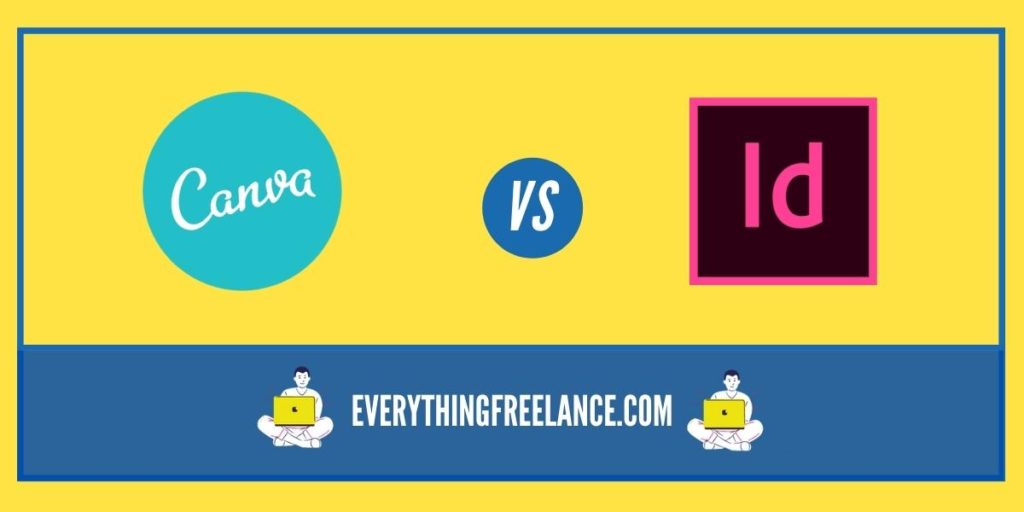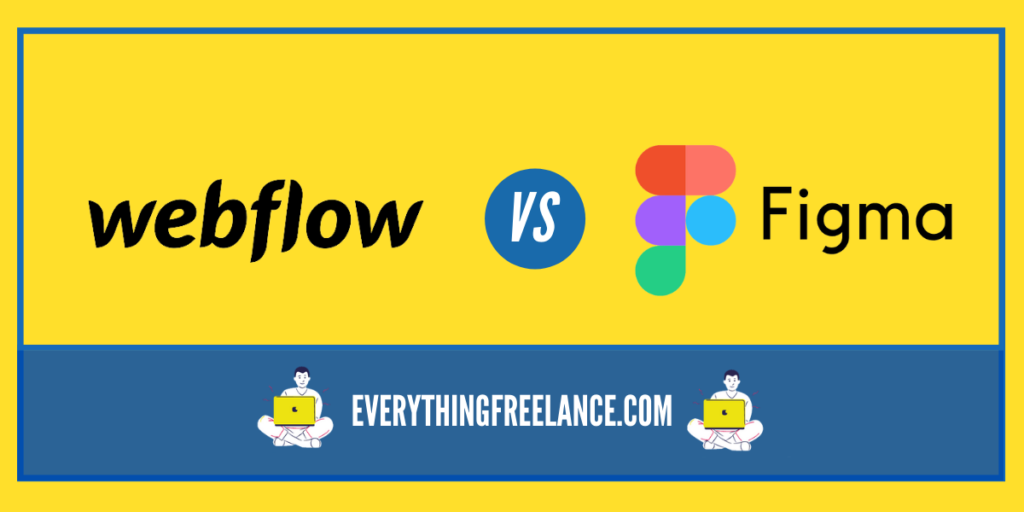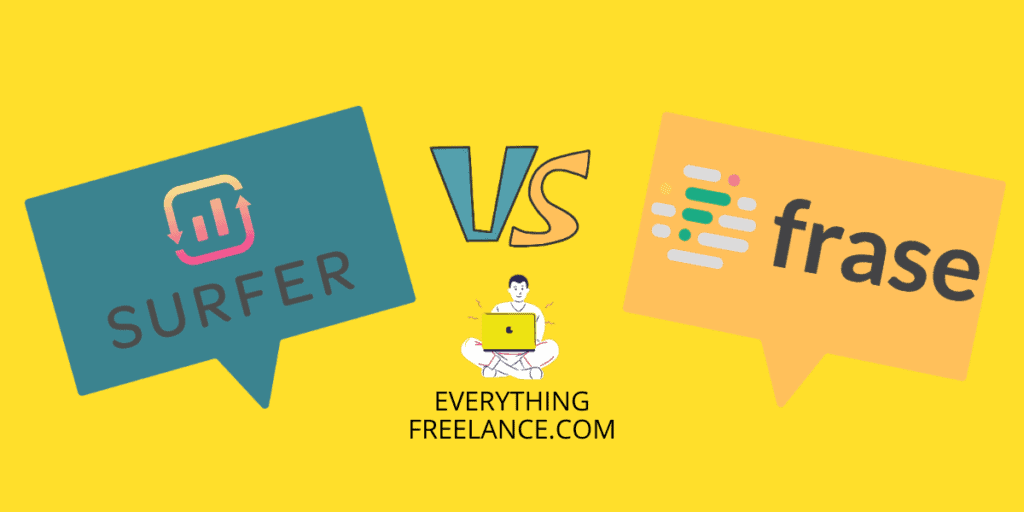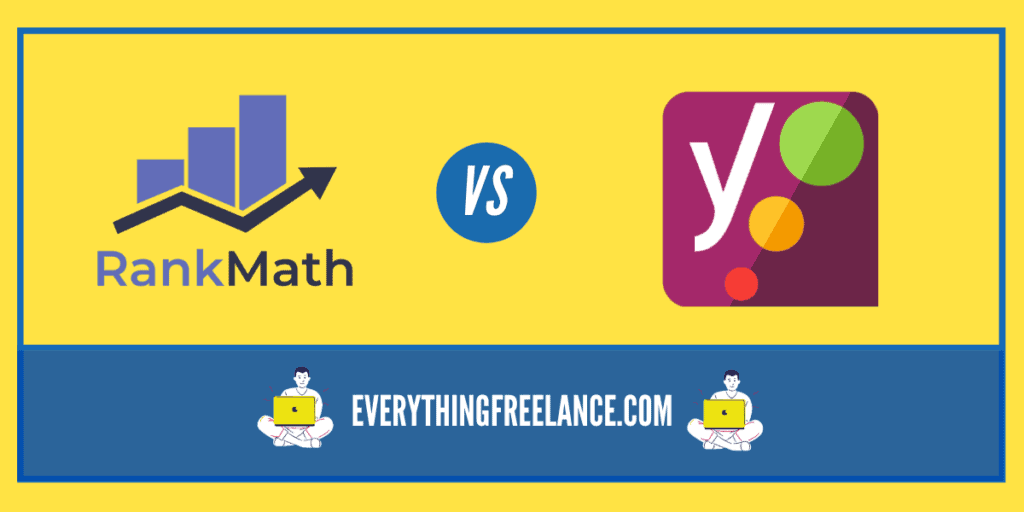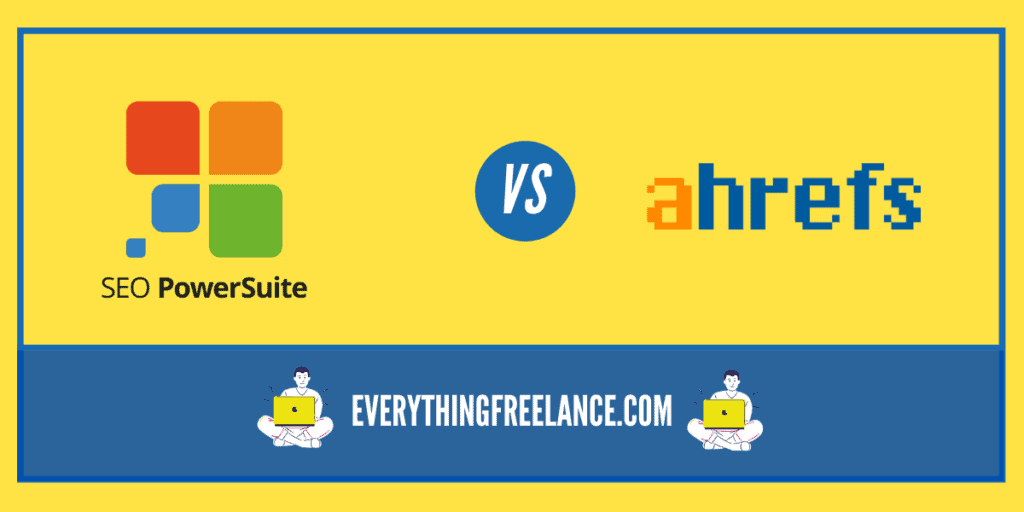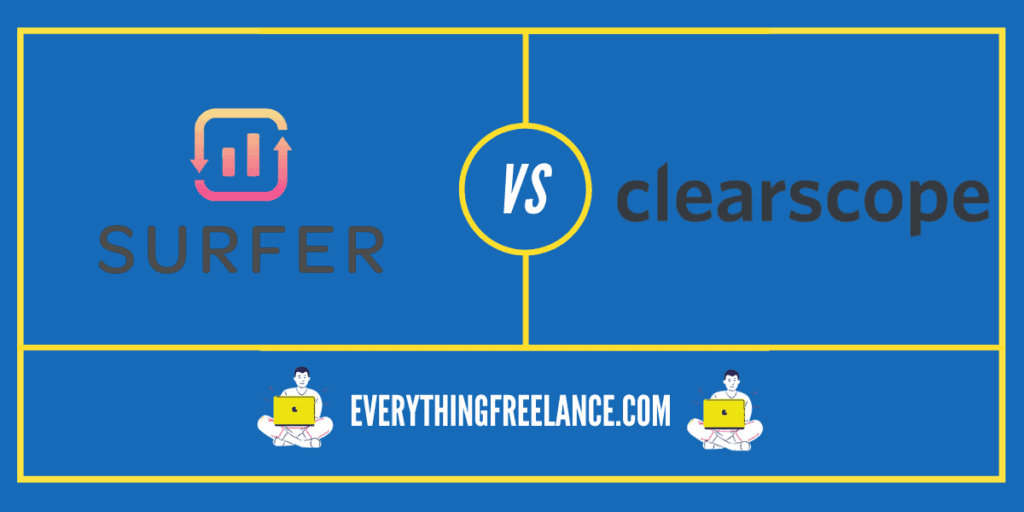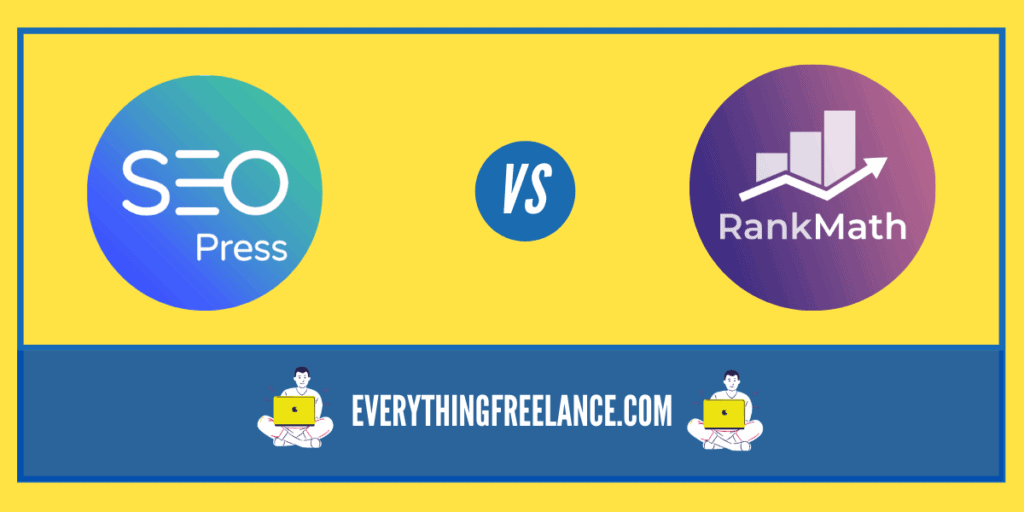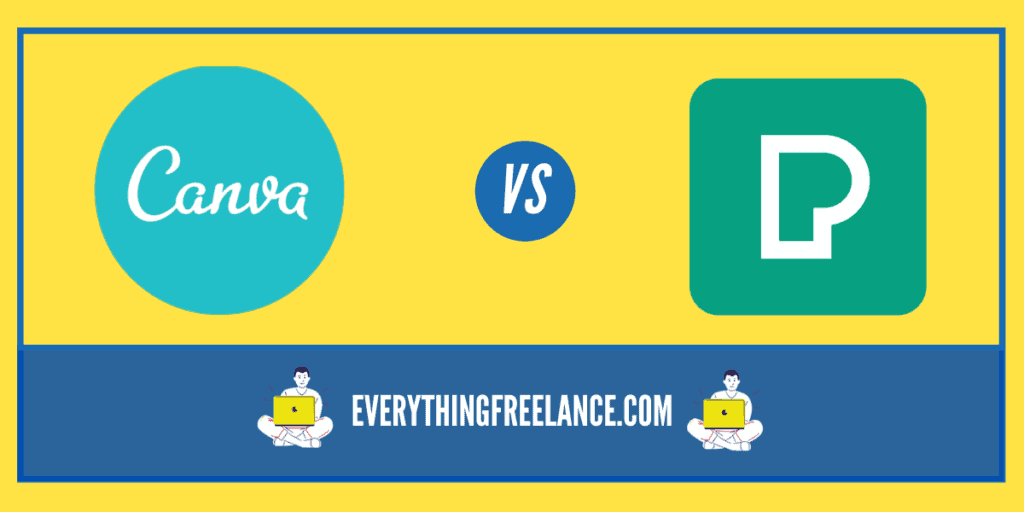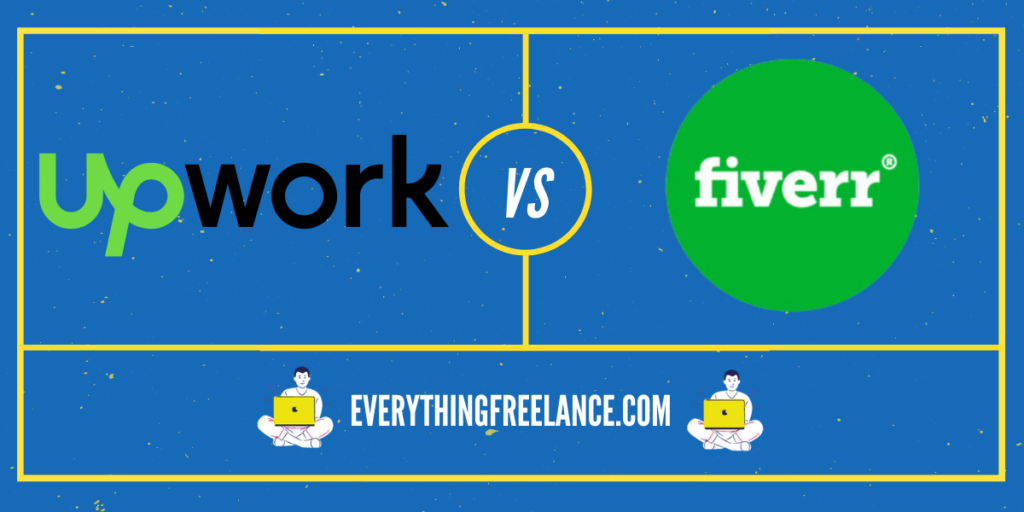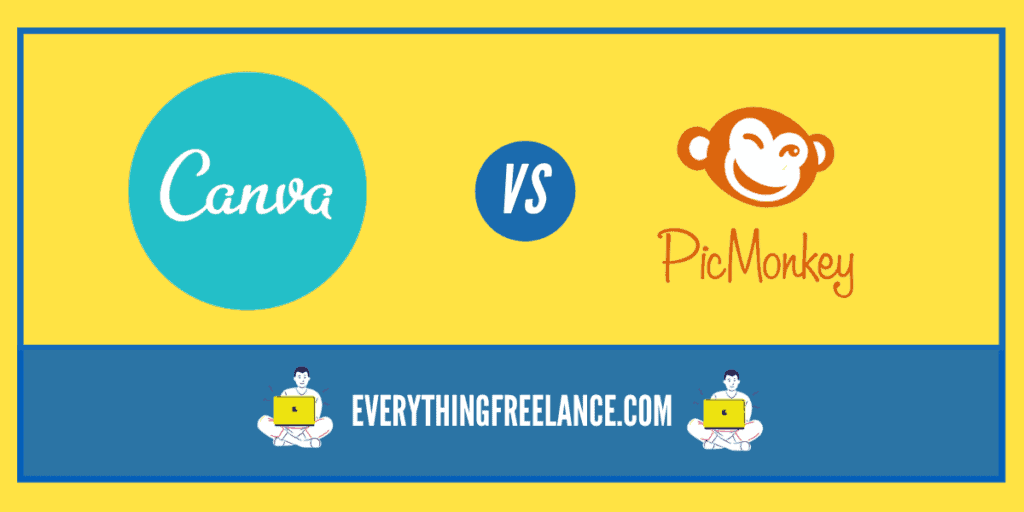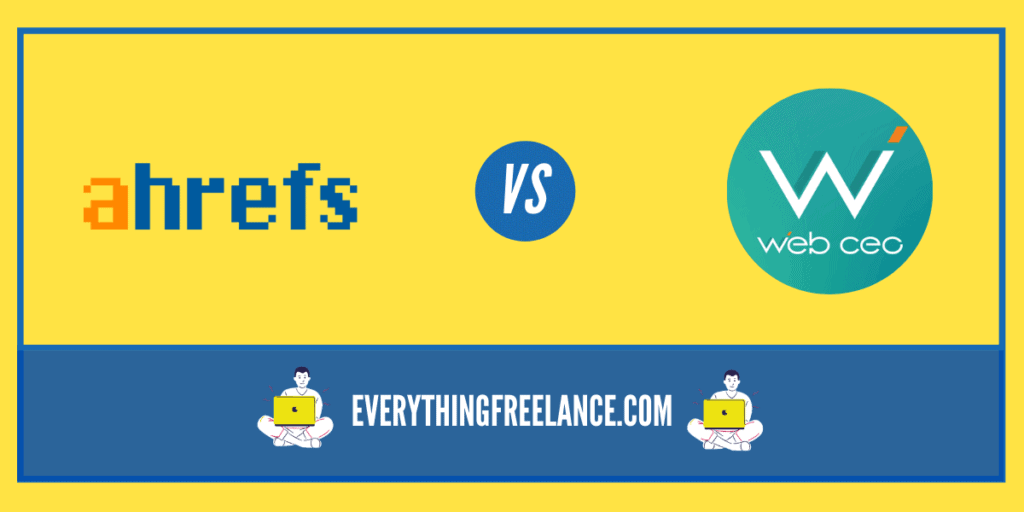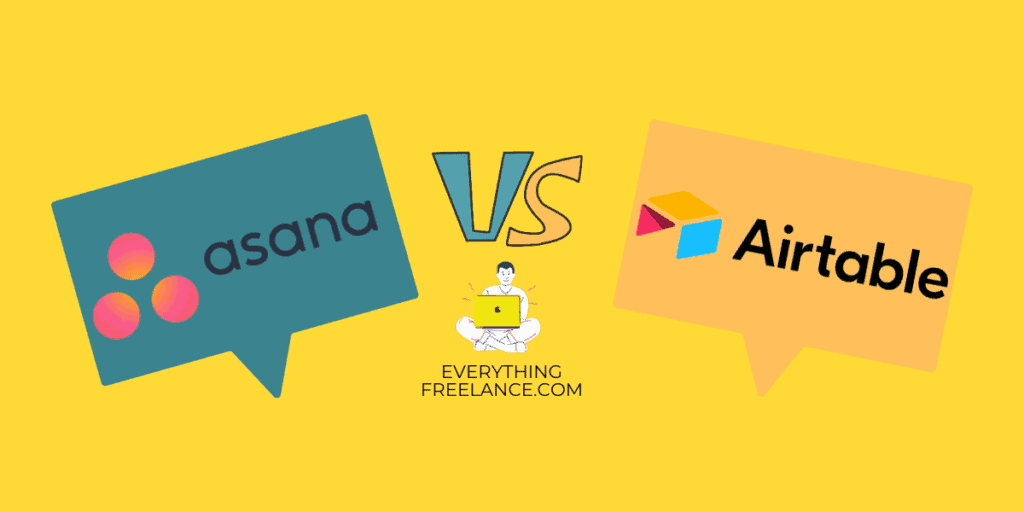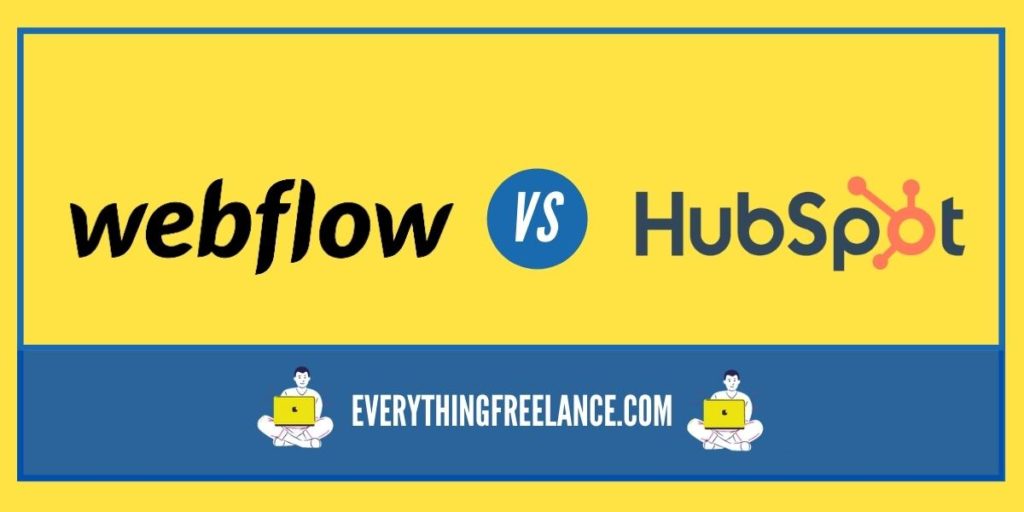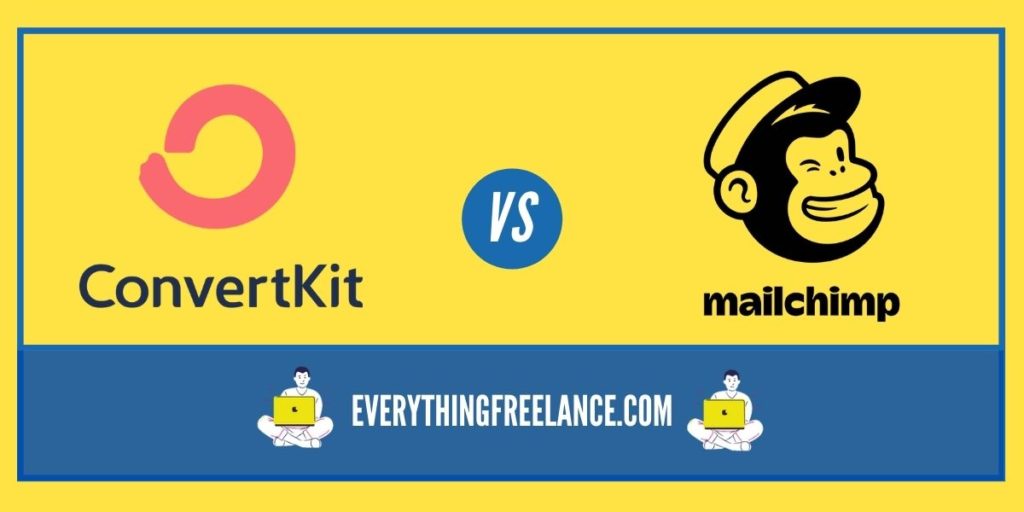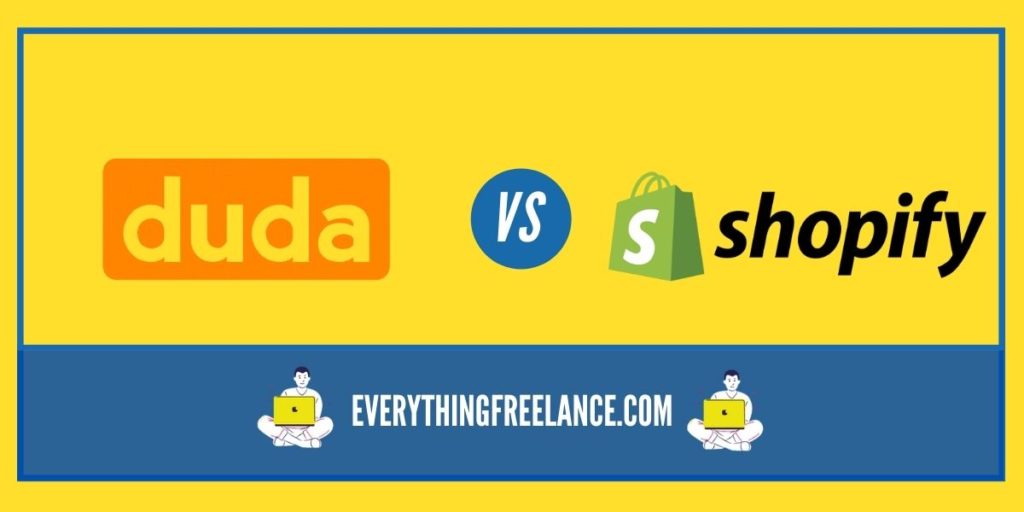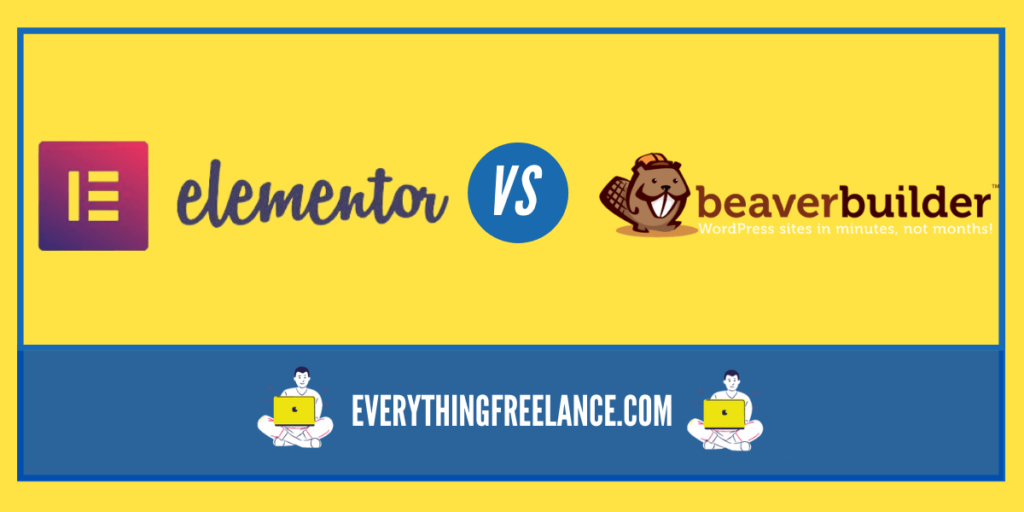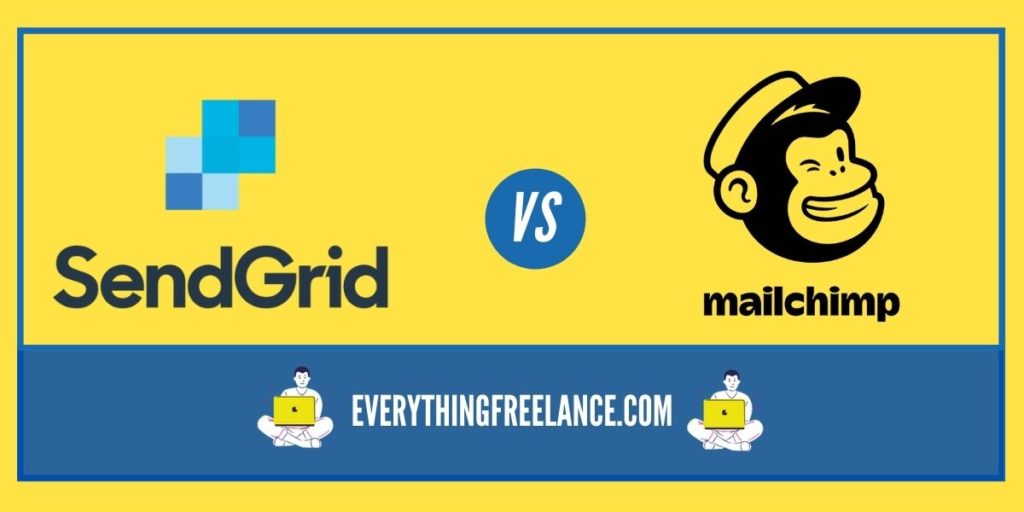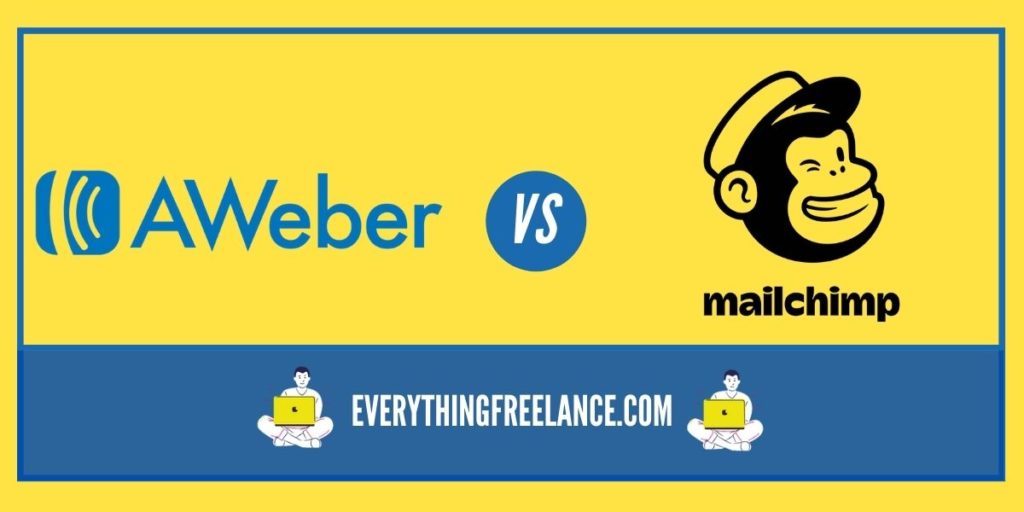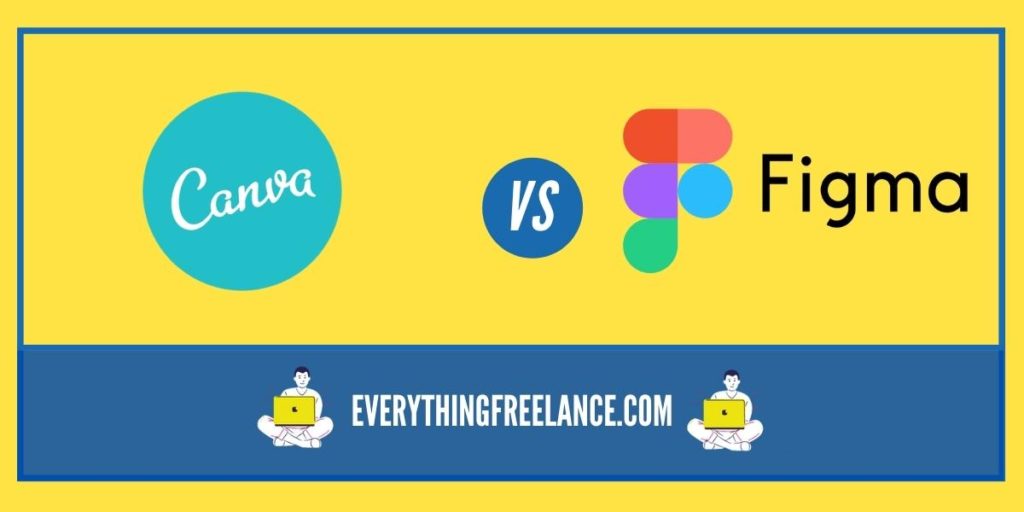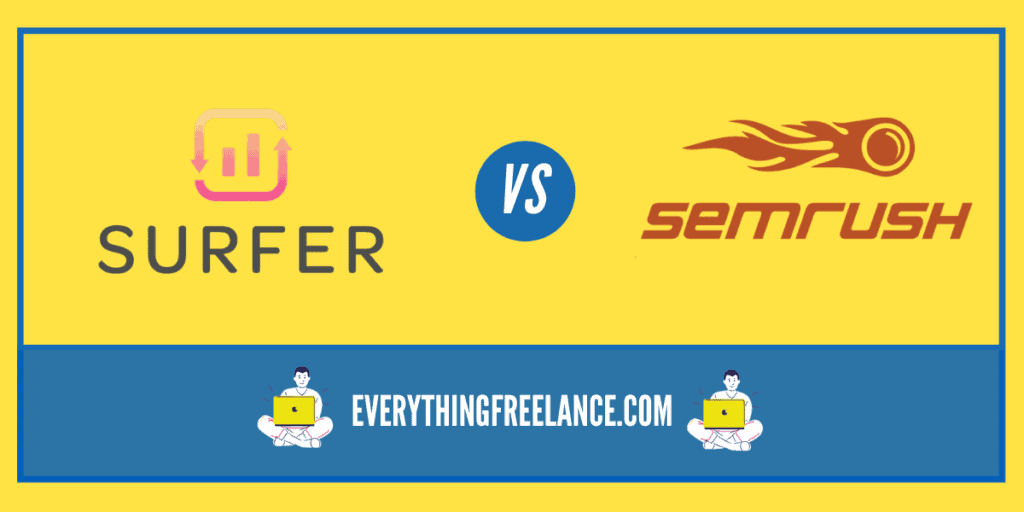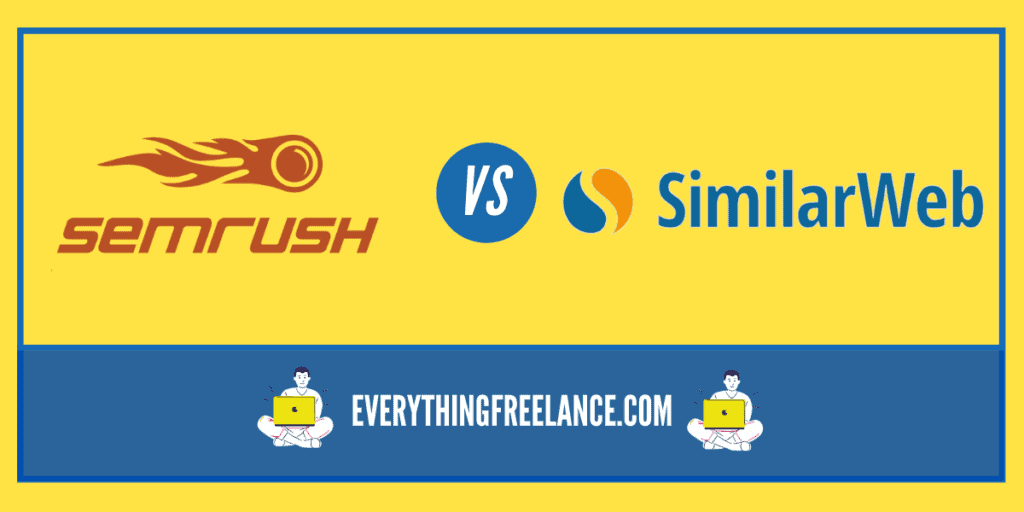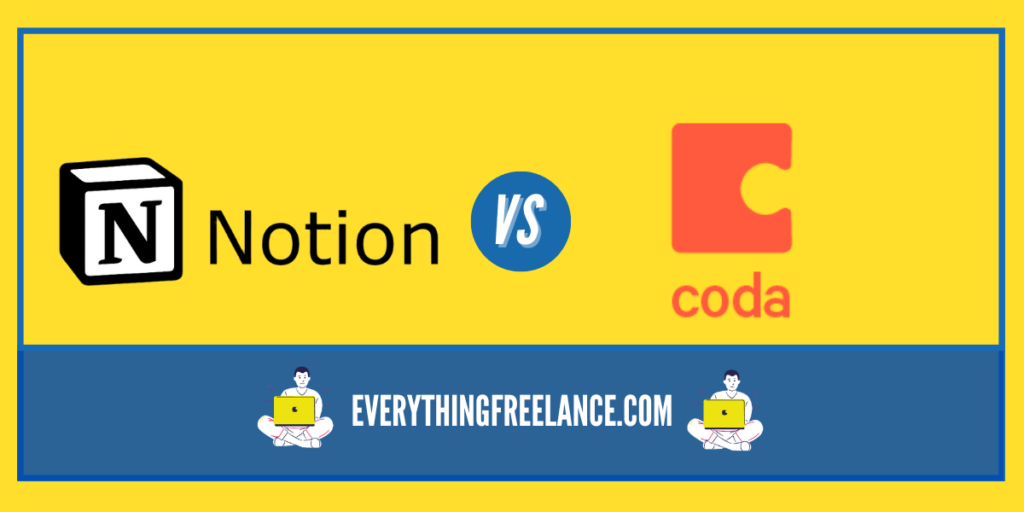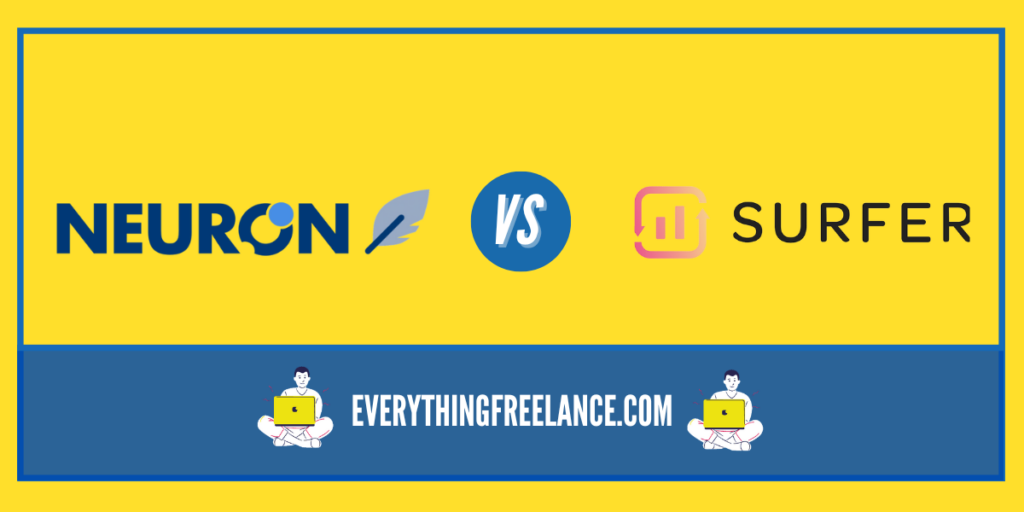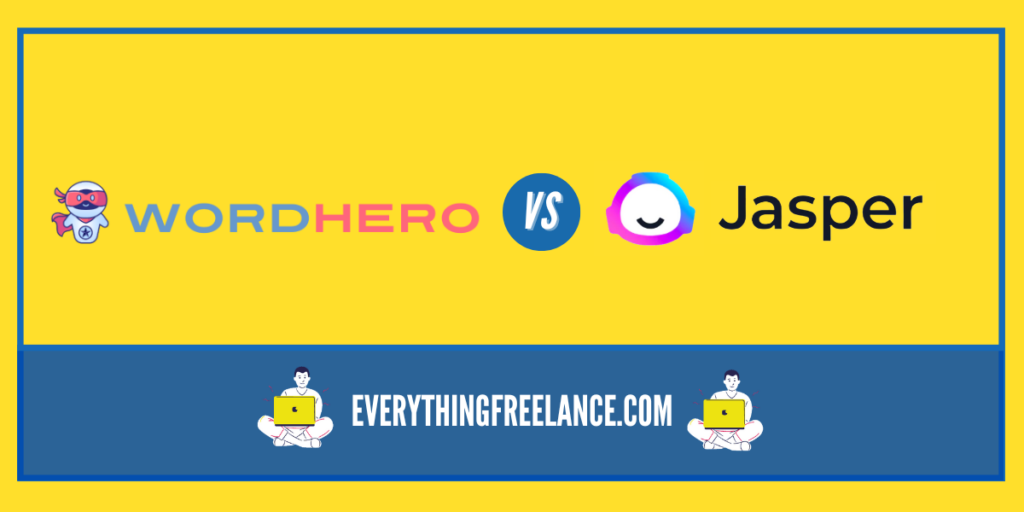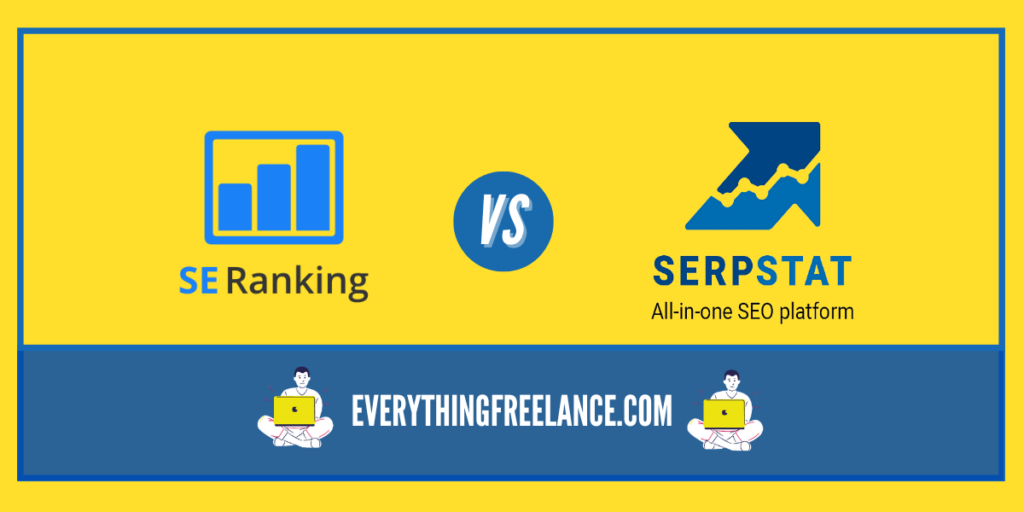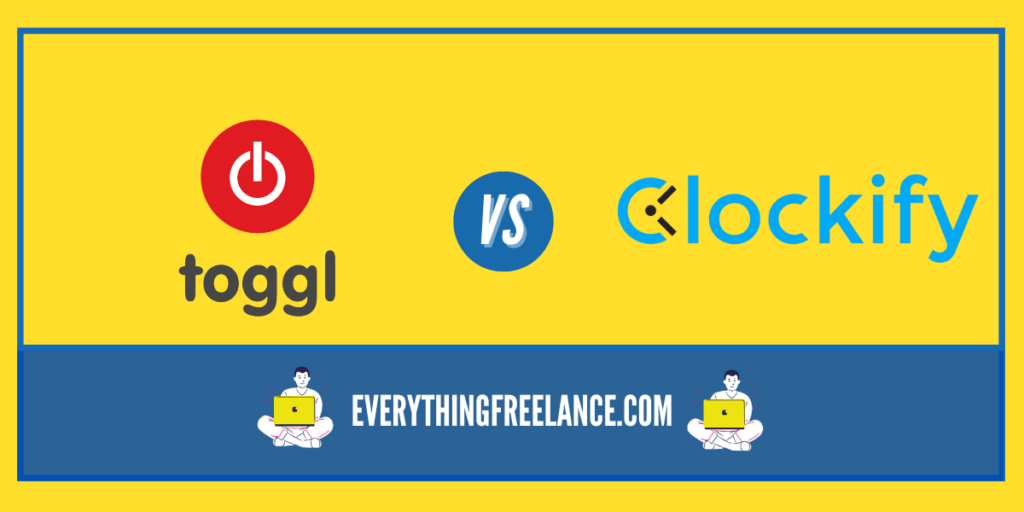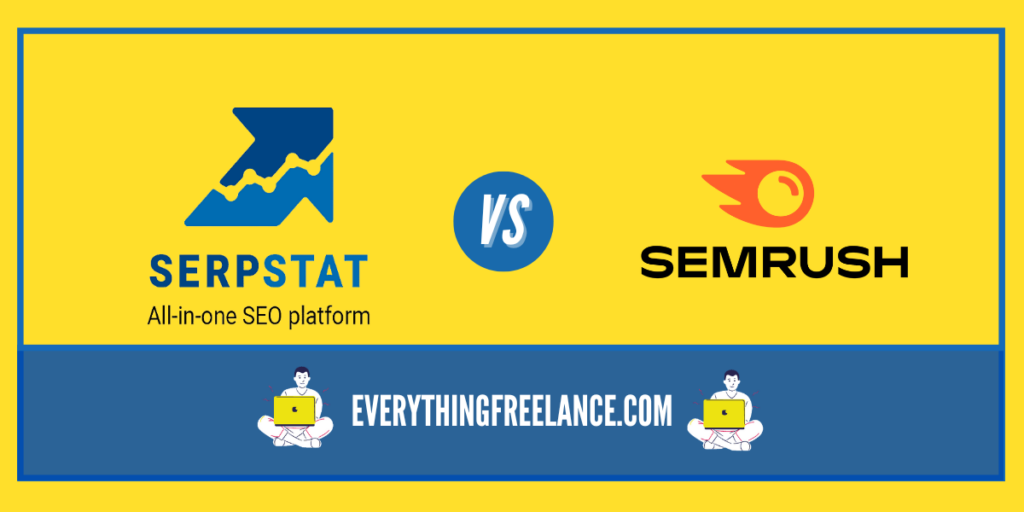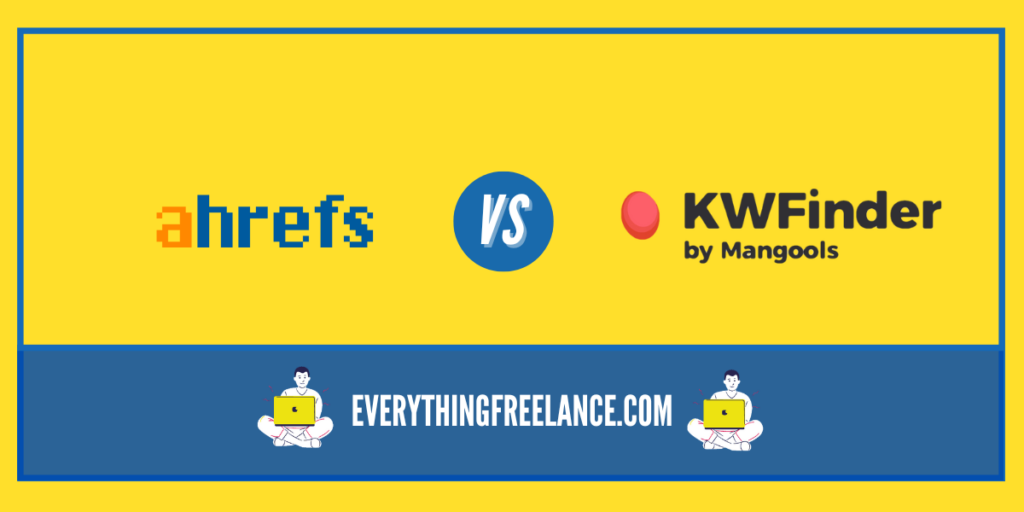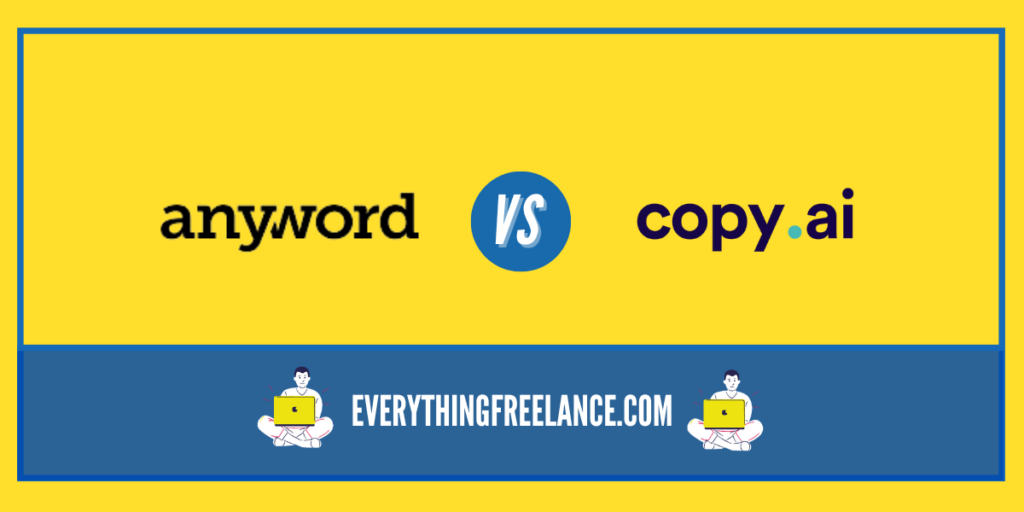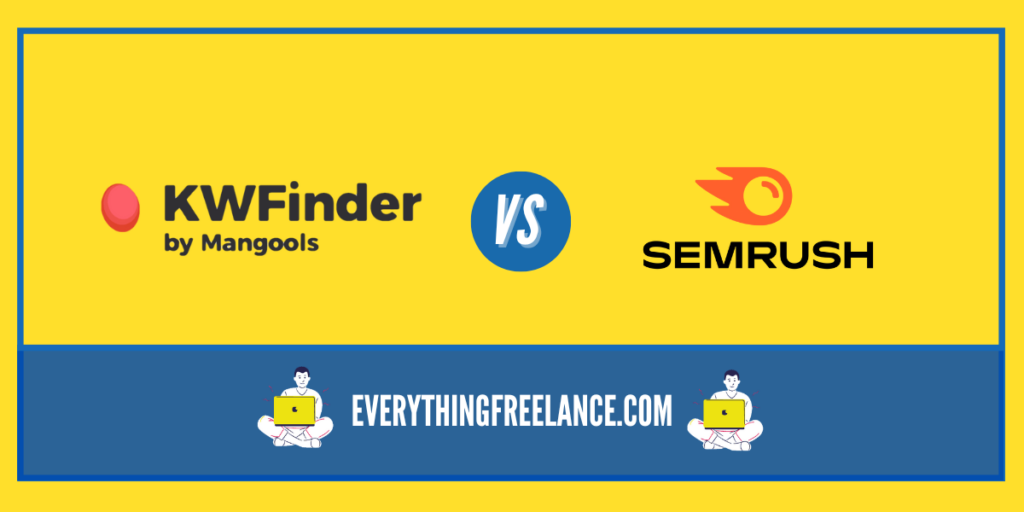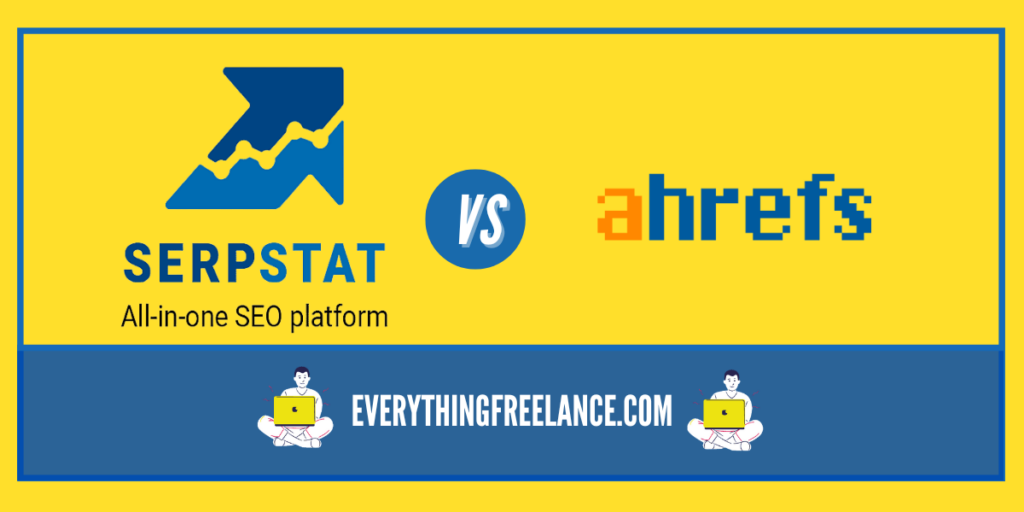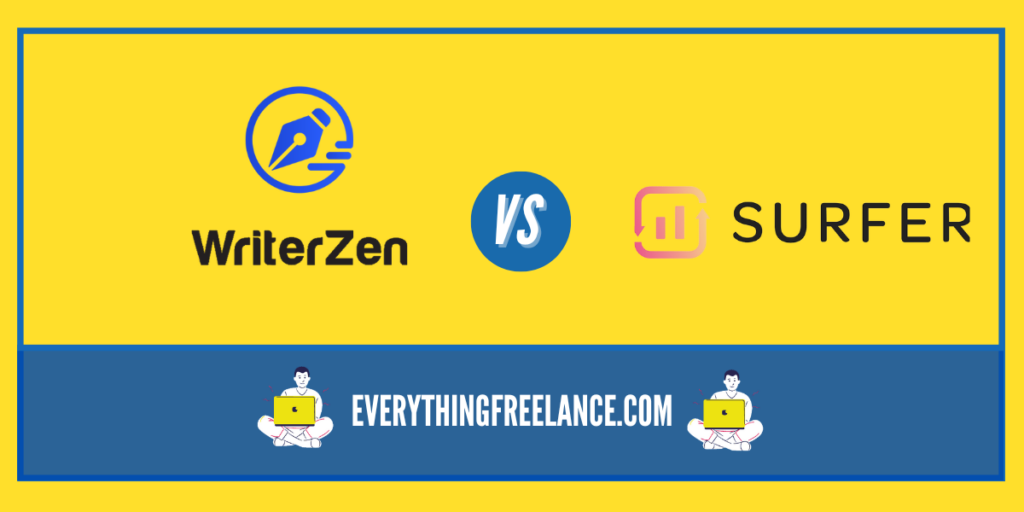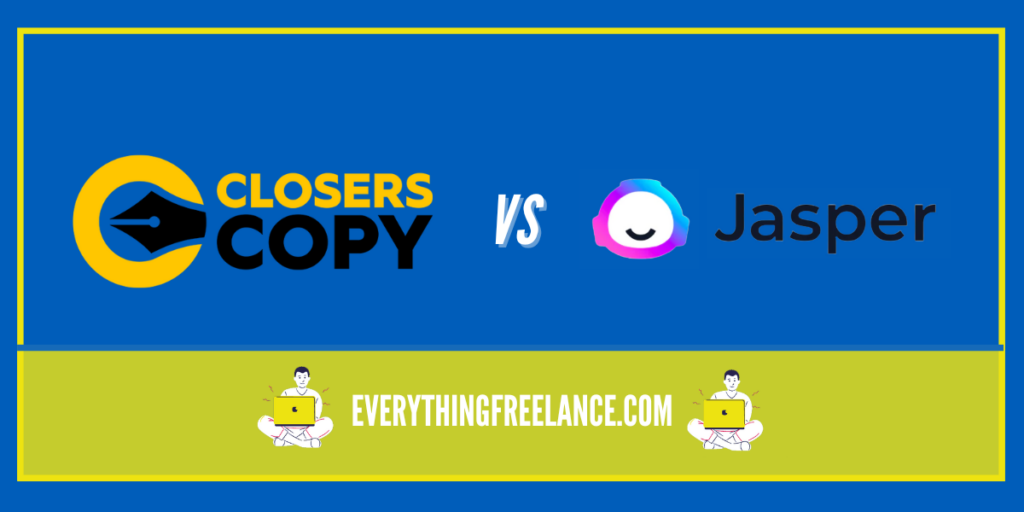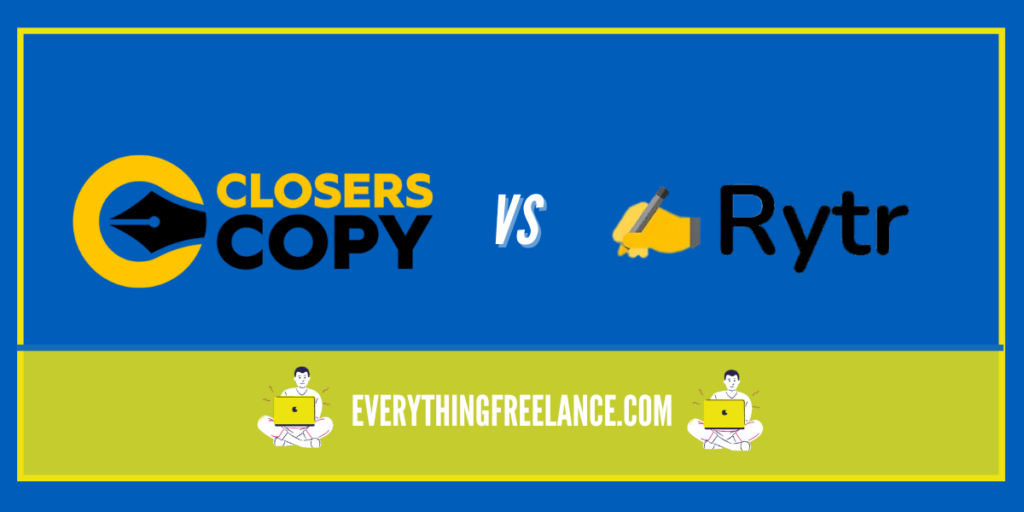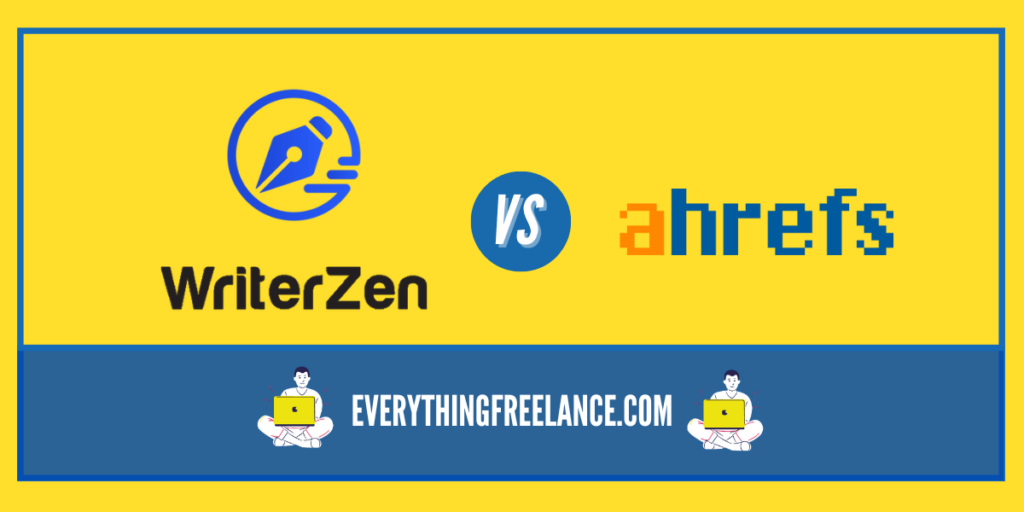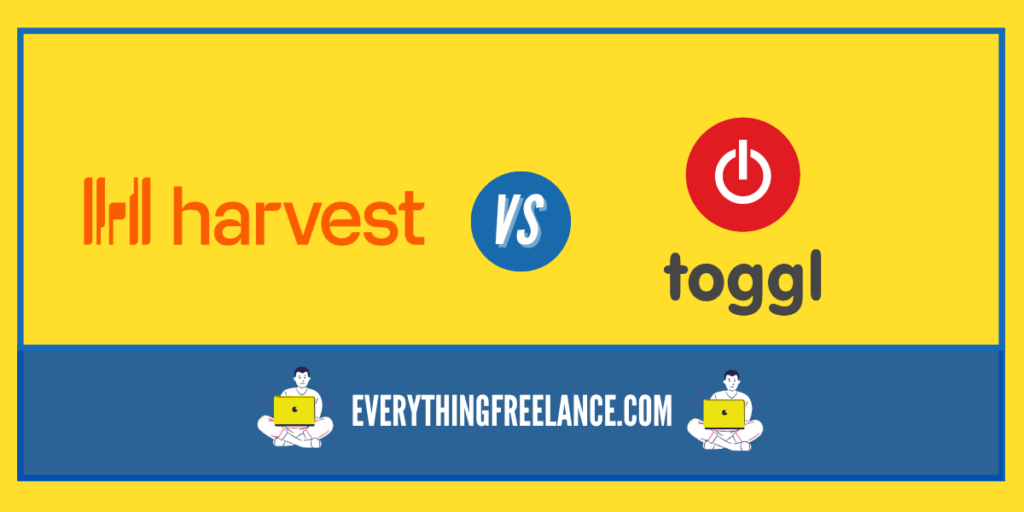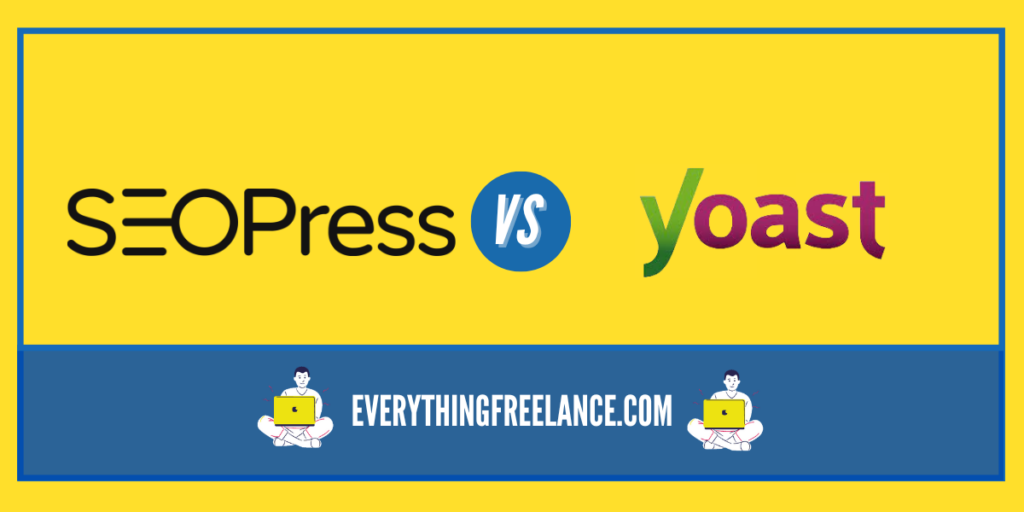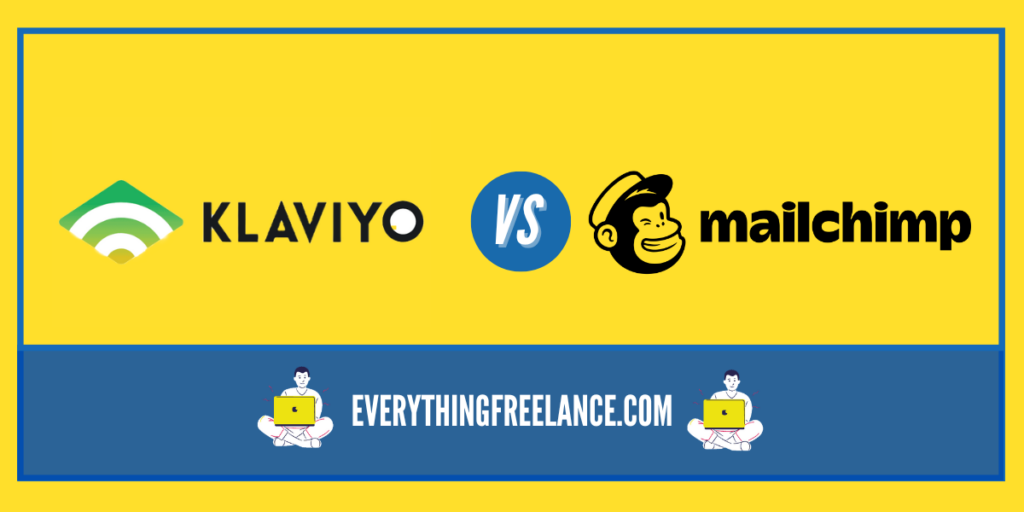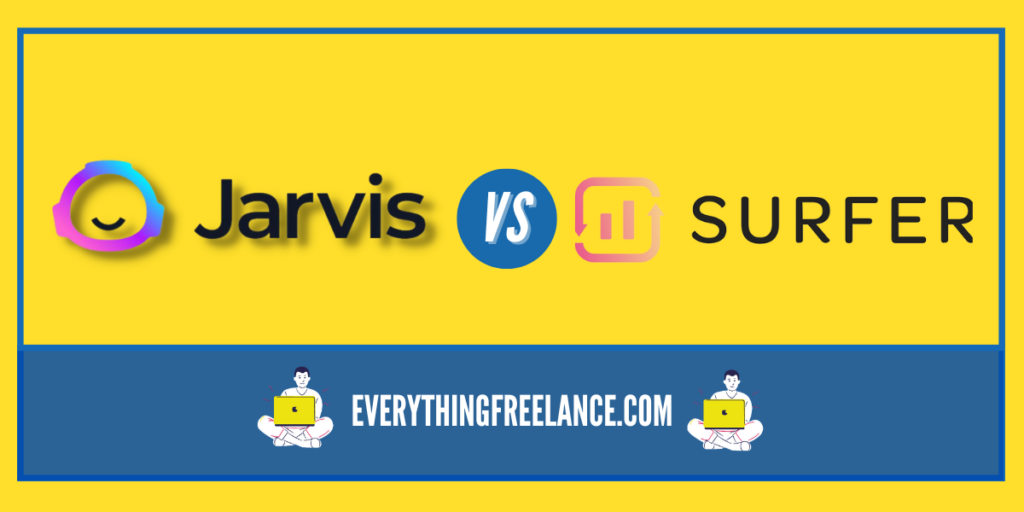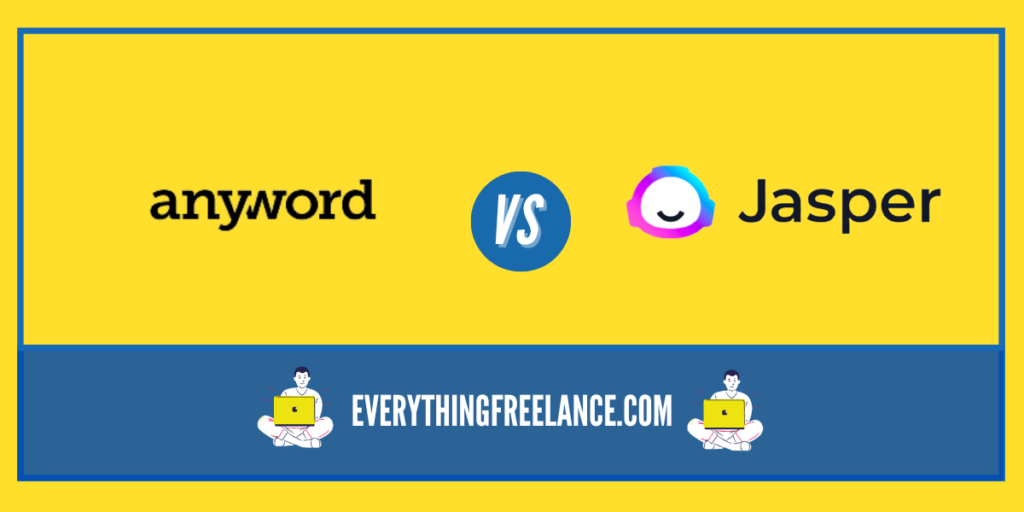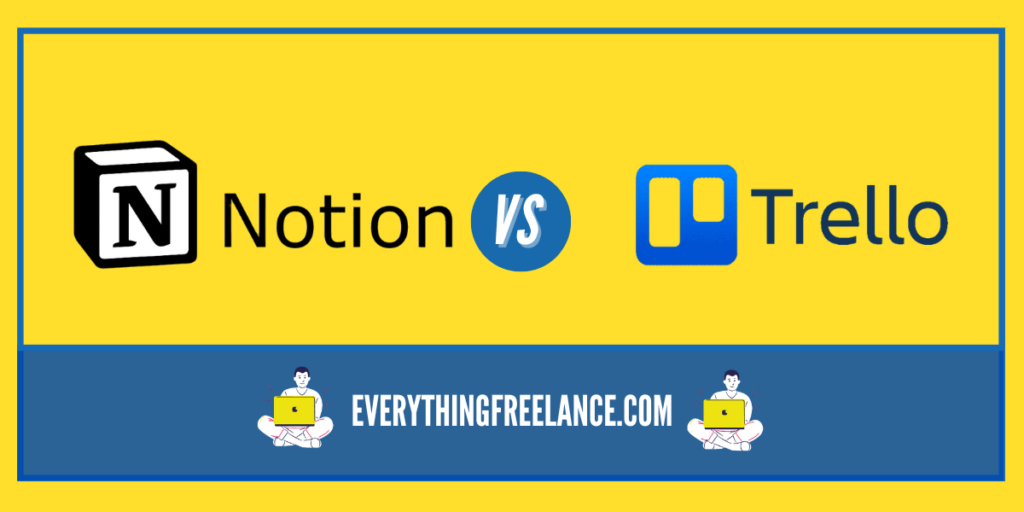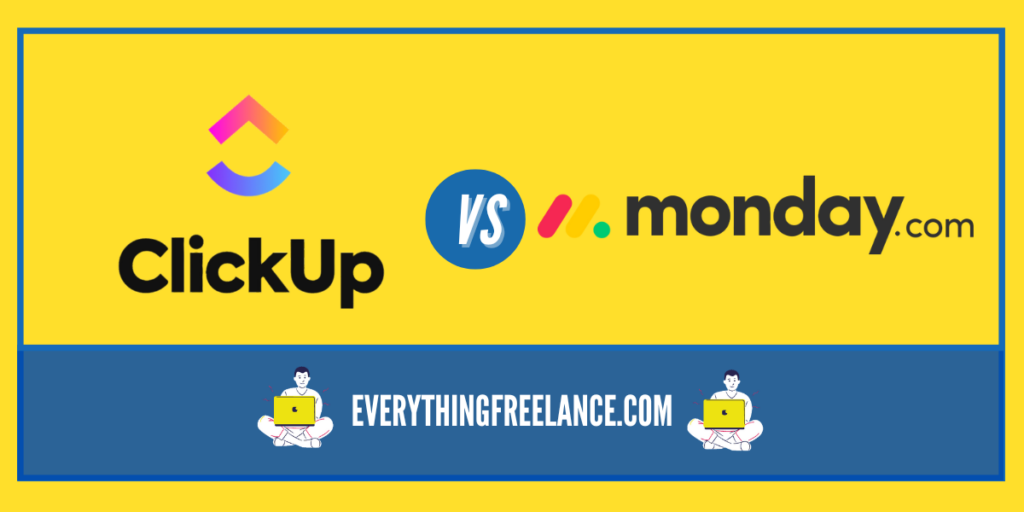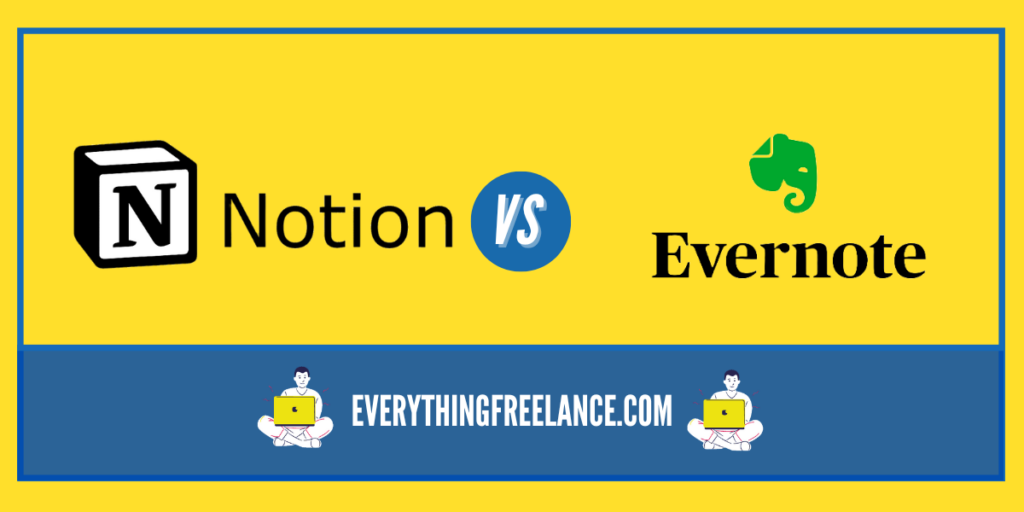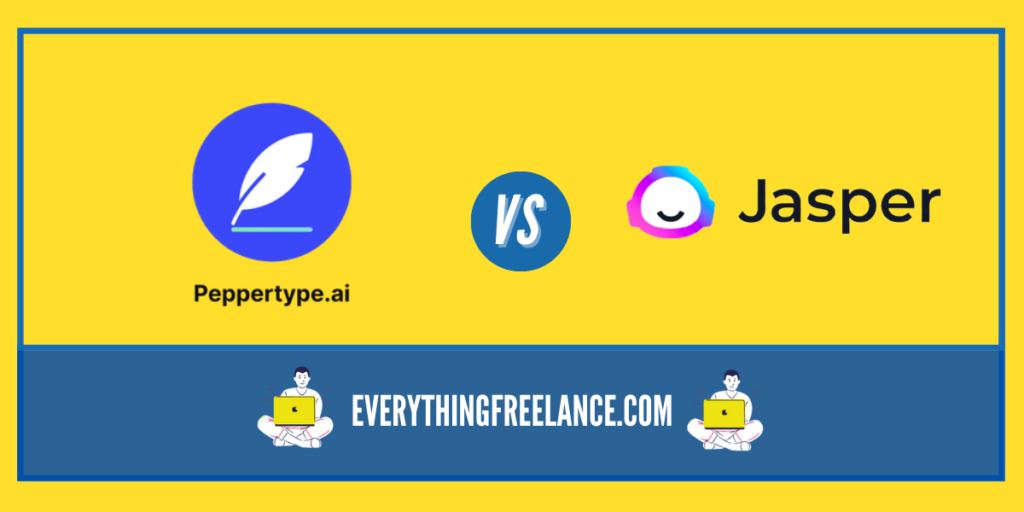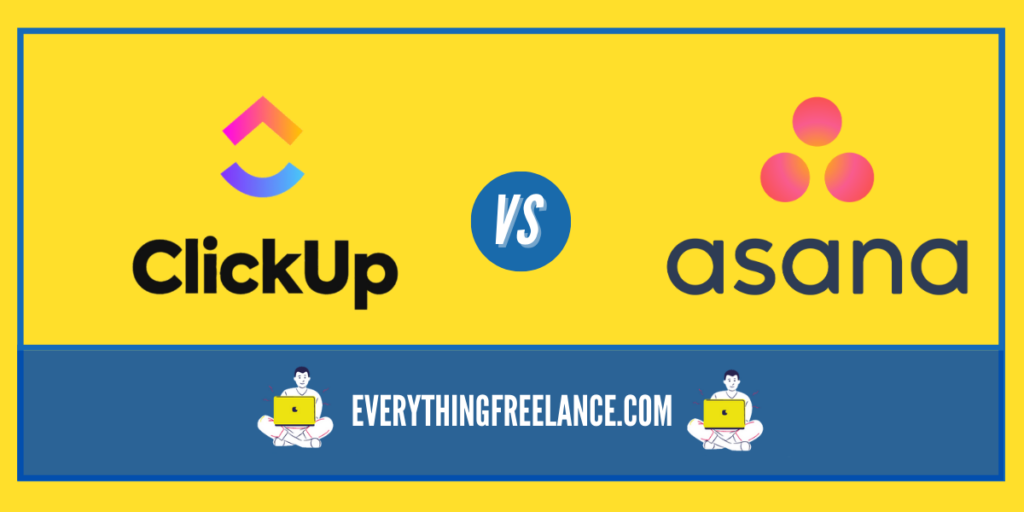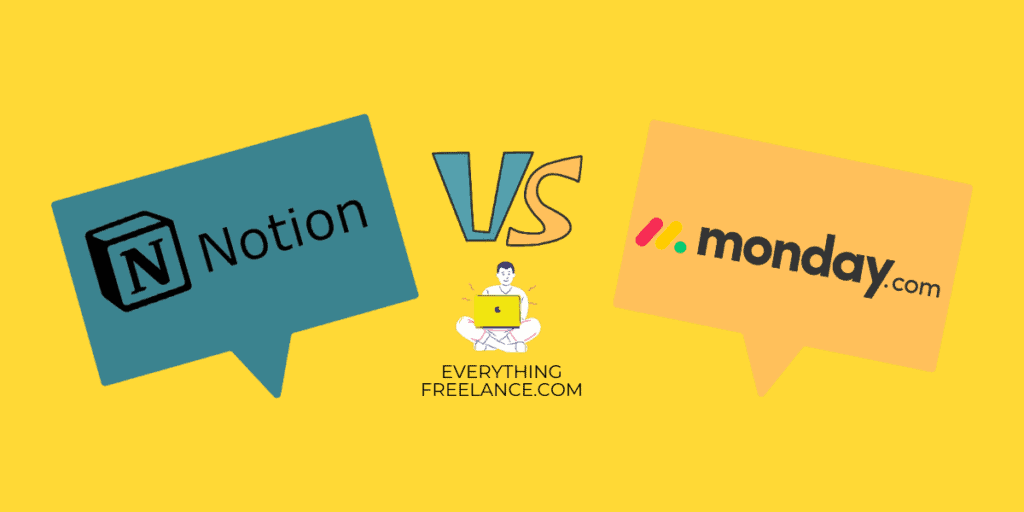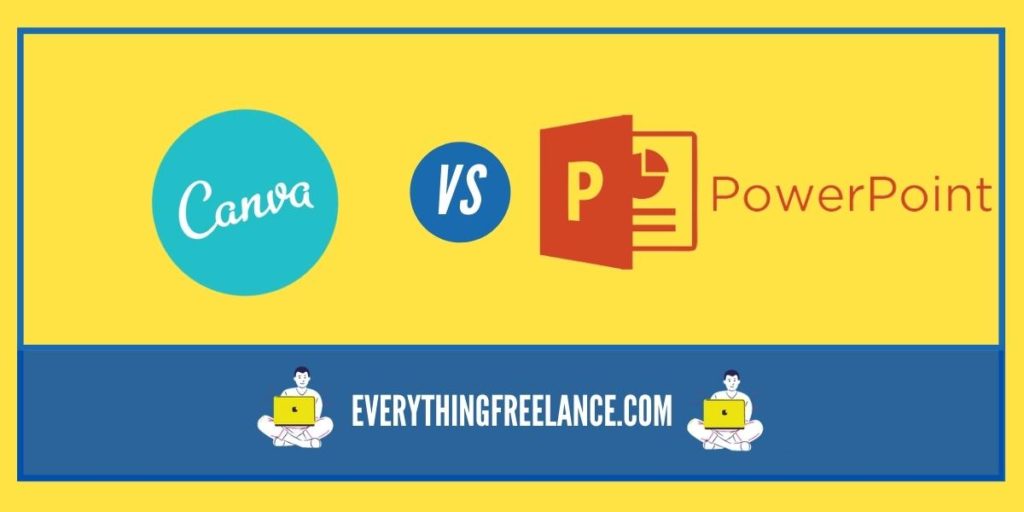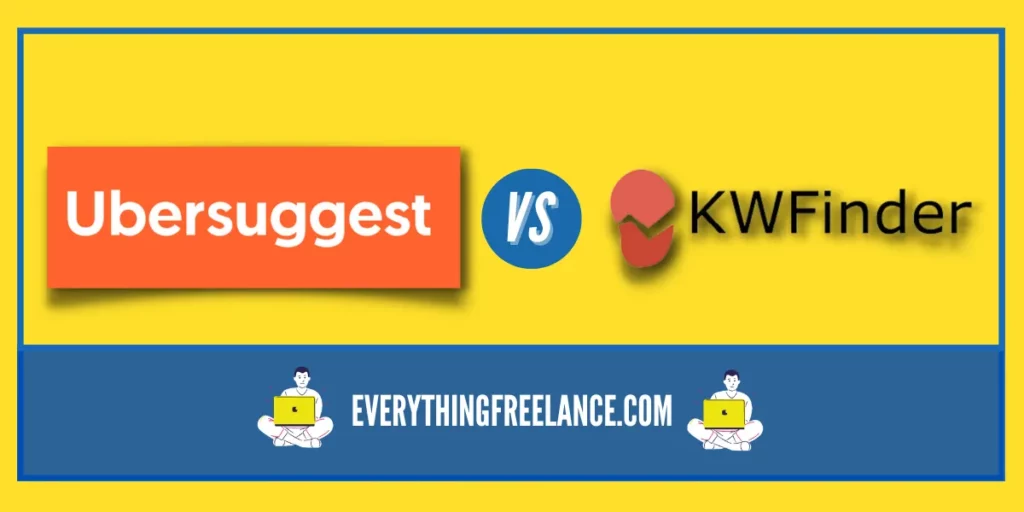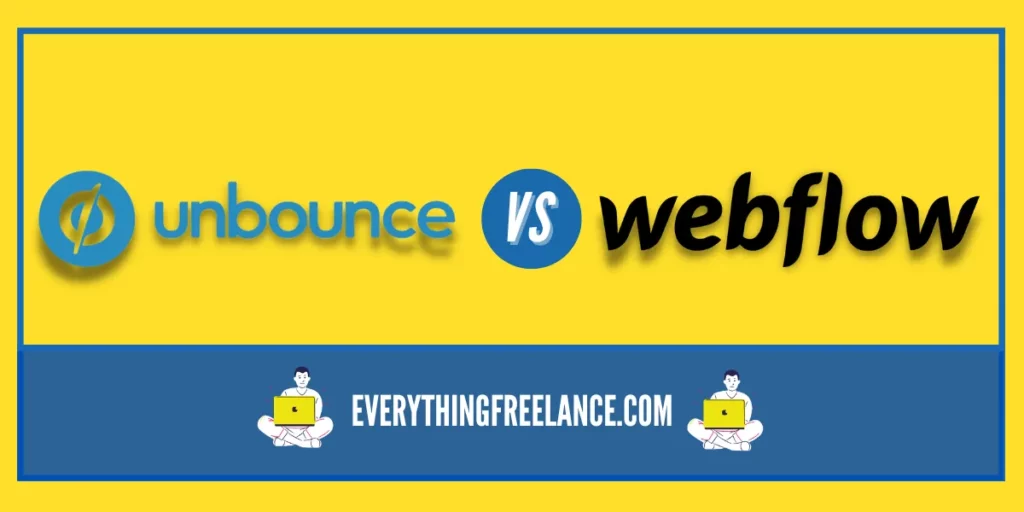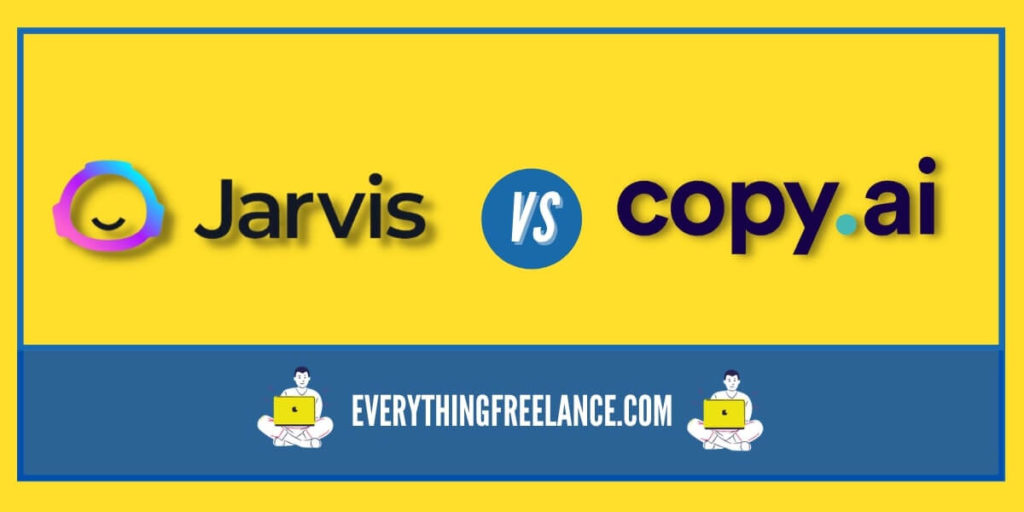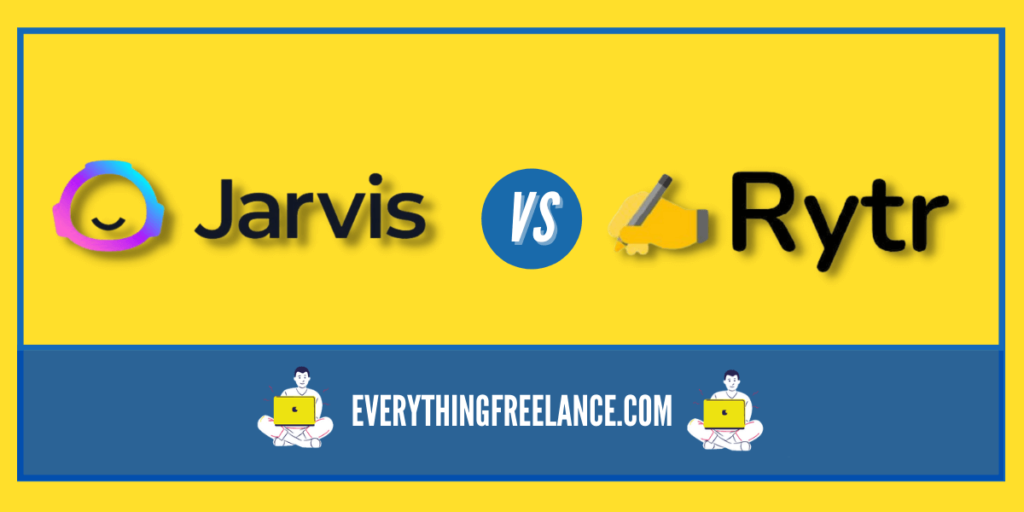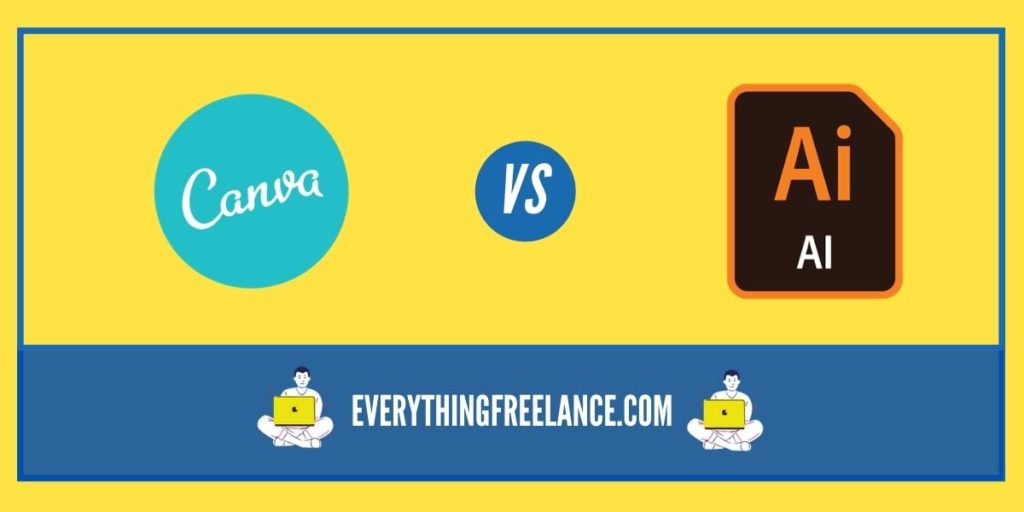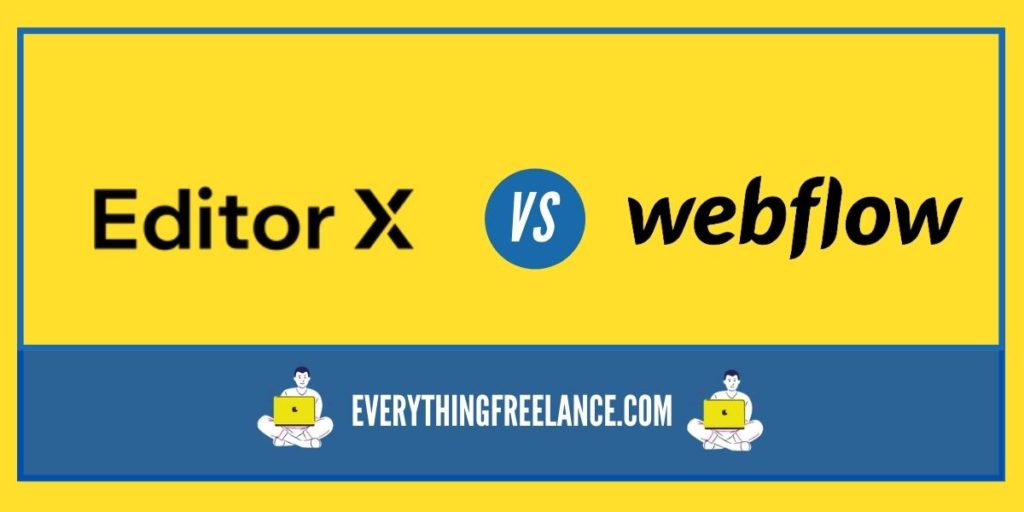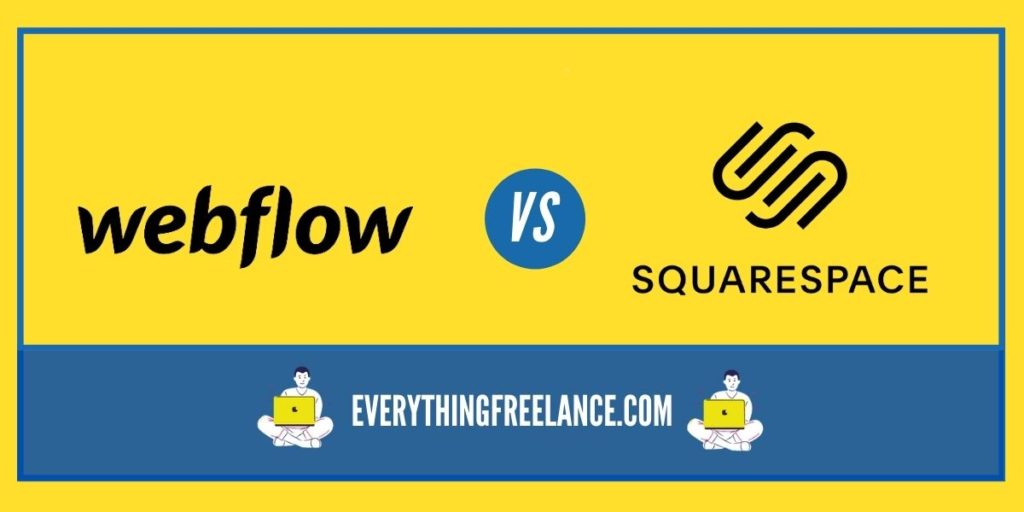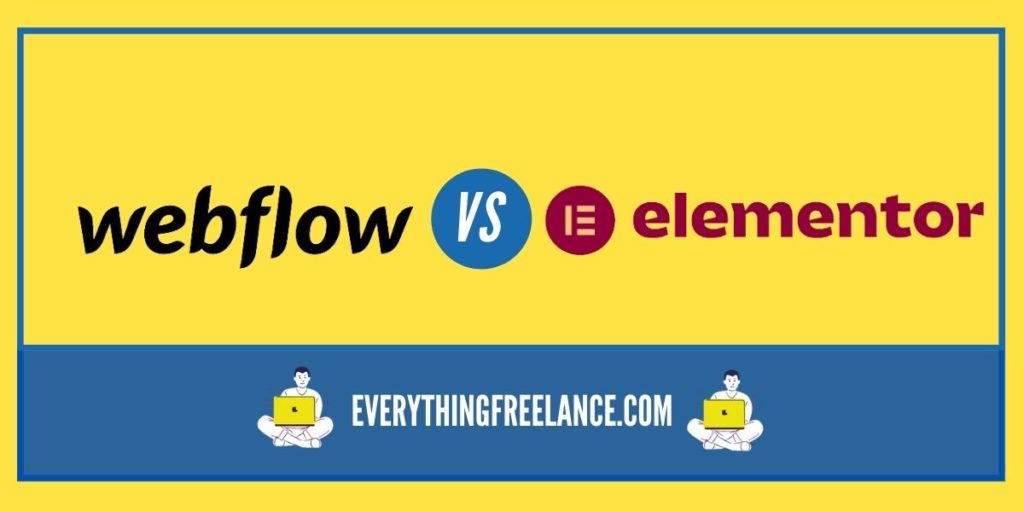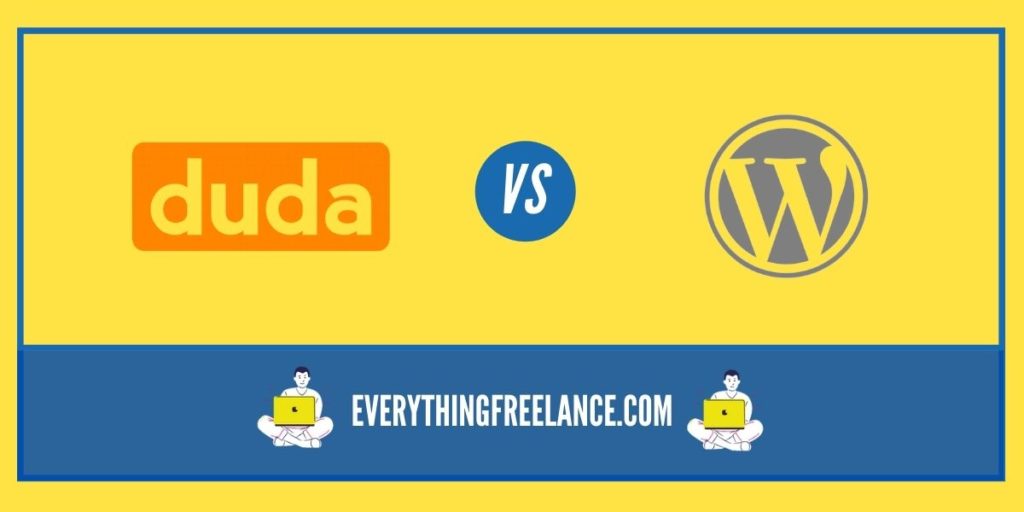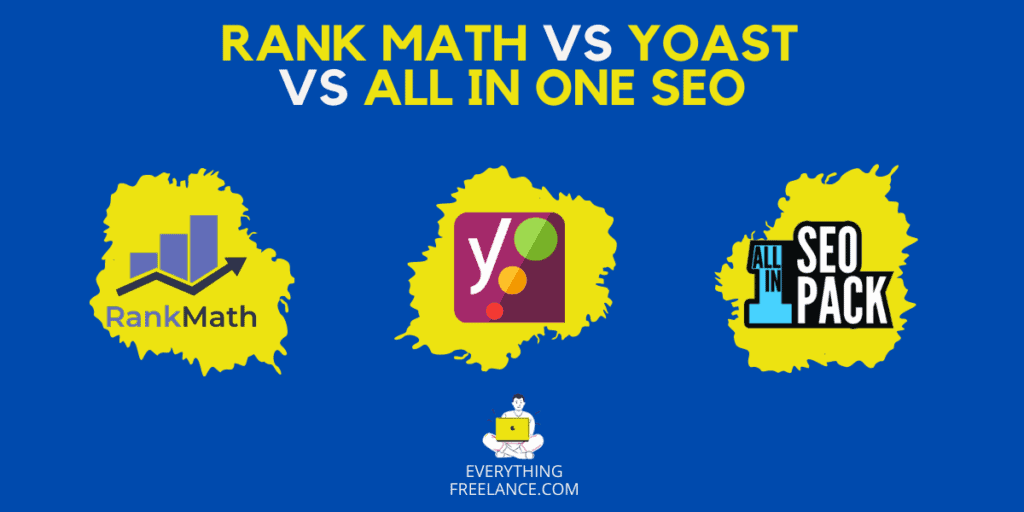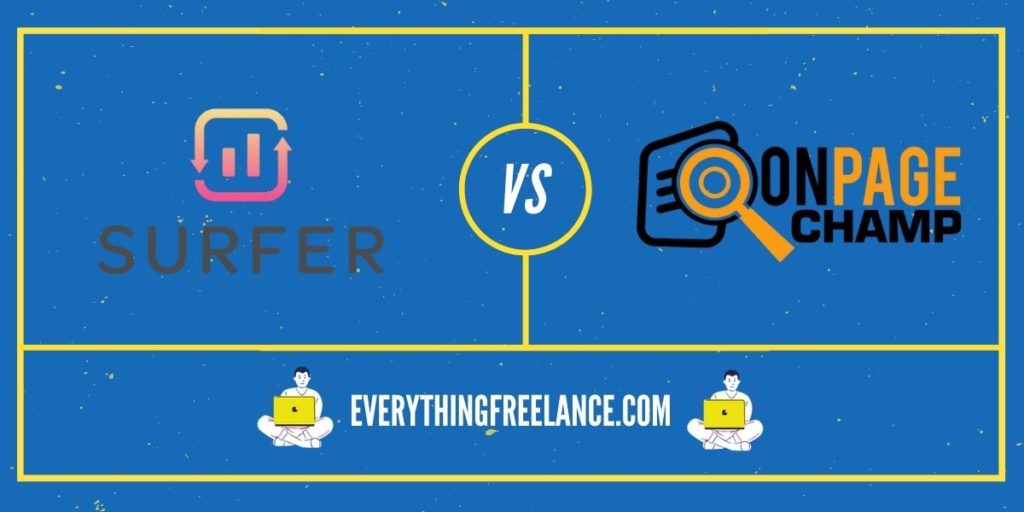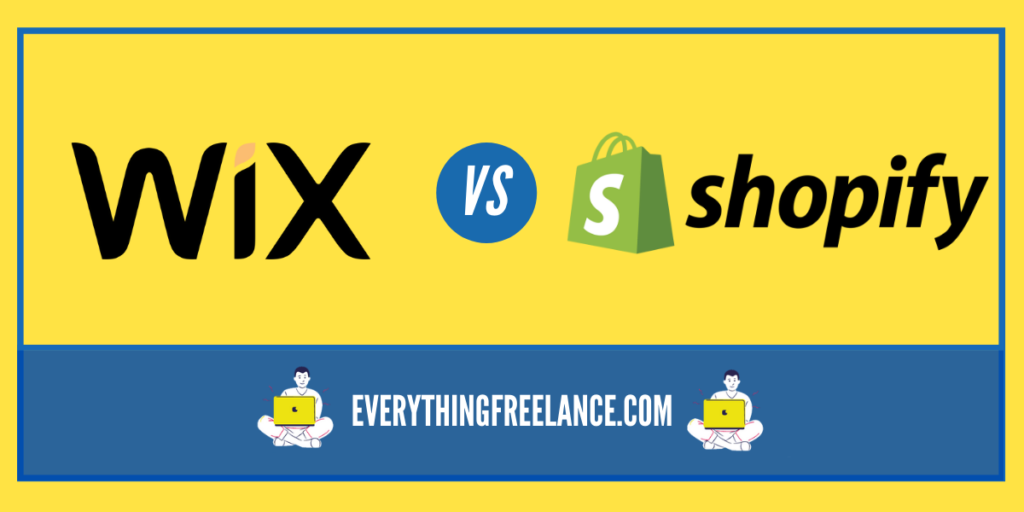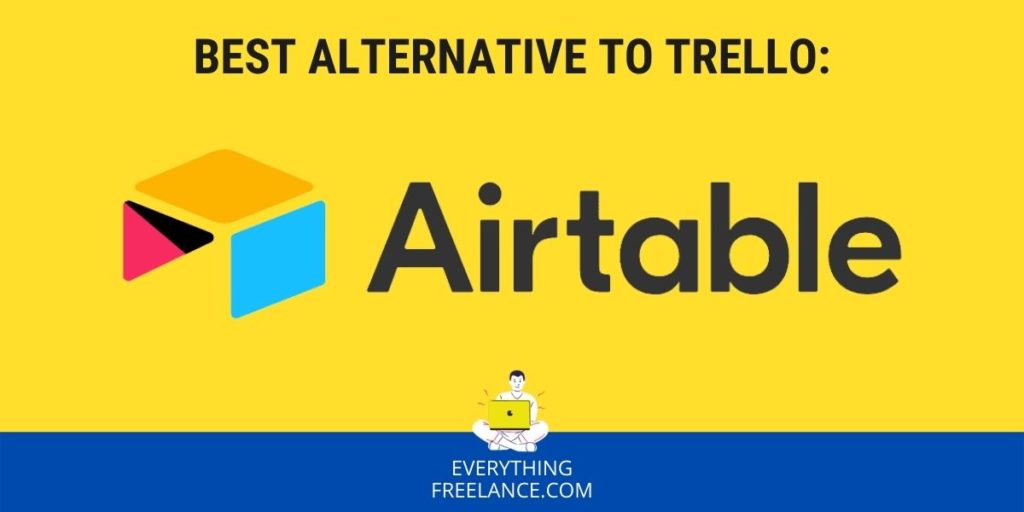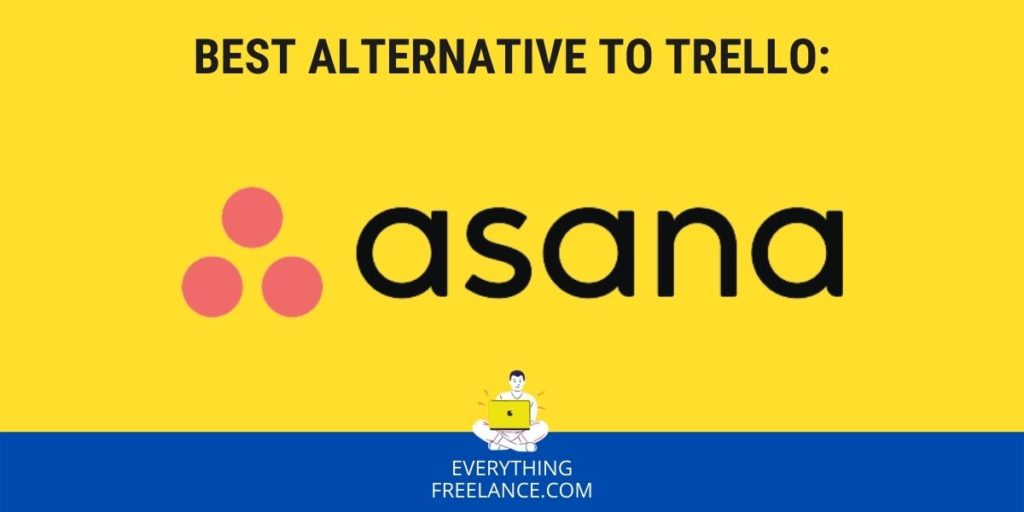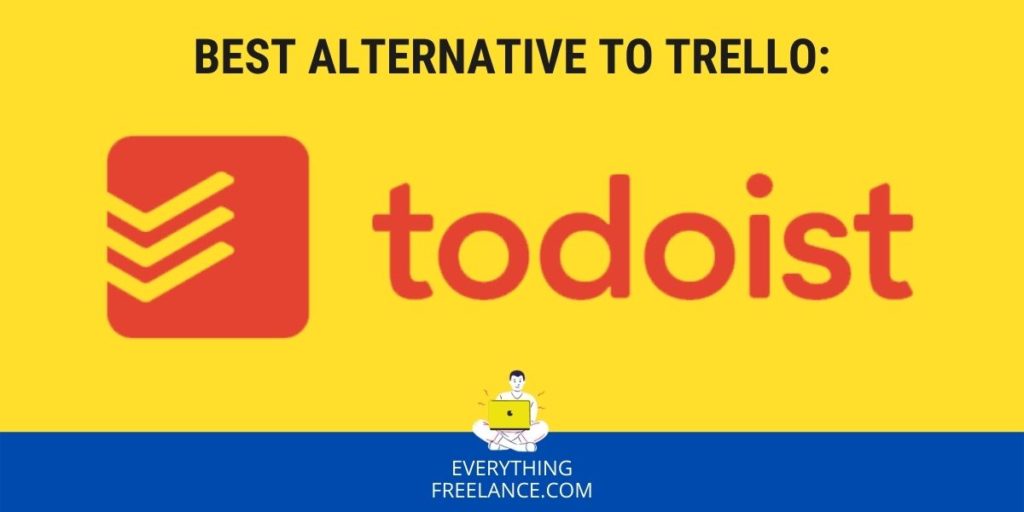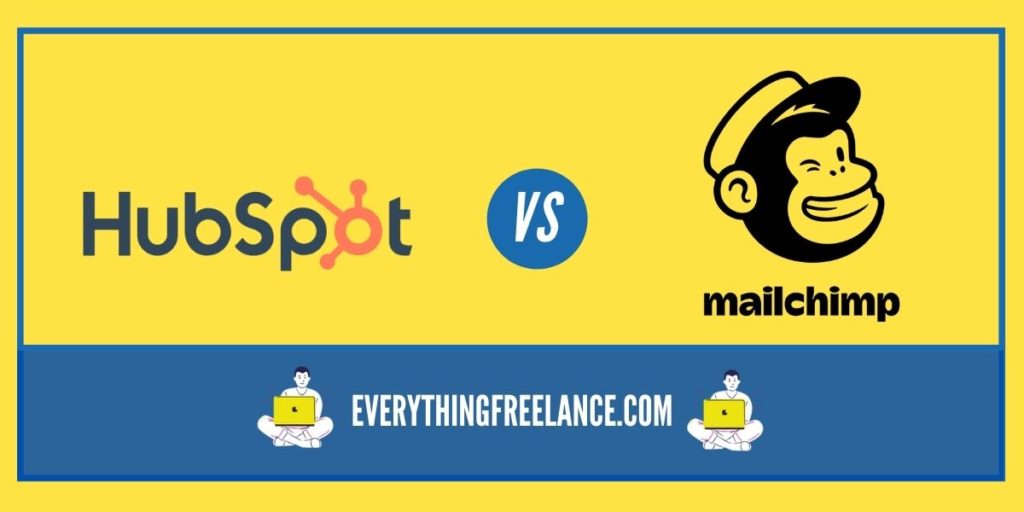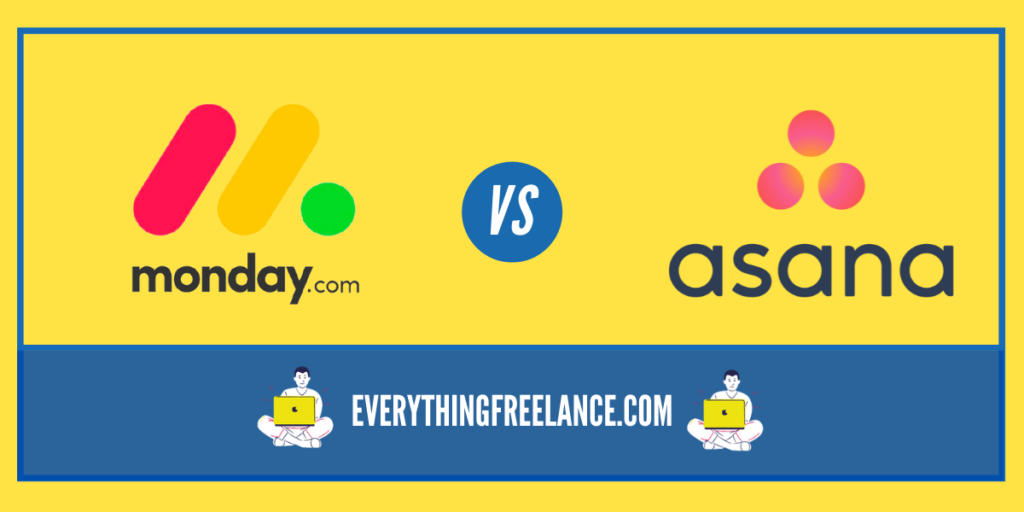One of the most essential tools for a successful business is a responsive website that is easy to navigate through while maintaining a gorgeous aesthetic. Some people have sufficient skills within HTML, Javascript, and other programming languages to pull this off.
Unfortunately, not everybody has the skills and expertise within coding to create their own websites, let alone fully understand how servers and other technical jargon works. This reason is why services such as Duda and WordPress come in handy.
A website builder is a necessity for people and businesses. Robust platforms such as Duda and WordPress can streamline the process even if they have the resources to craft their own website successfully.
A professional hosting service makes content management seem like a breeze, yet which of the two services outdoes the other? The bottom line is if you love Duda, then WordPress is a great alternative.
What Is A CMS?
Content Management System (CMS) is a software application designed to facilitate the creation, management, and organization of digital content, such as websites, blogs, and online stores, without requiring advanced technical expertise. It empowers users to effortlessly create, edit, and publish content, effectively eliminating the need for manual coding and simplifying the overall web development process. CMS platforms are widely used for their user-friendly interfaces and extensive customization options, enabling individuals and businesses to establish a strong online presence.
What Does Duda Offer?
Duda is a professional website builder that helps people create their websites for a small fee. The main appeal Duda has is its ease of access, which allows for easy site building, especially with several payment options available (basic, team, agency, and custom).
As far as functionality goes, Duda shares a lot in common with WordPress. Both services offer hassle-free web design and top-notch customer support, so virtually anybody can use Duda or WordPress. Now, a question arises – if they’re so similar to one another, what makes WordPress a viable alternative to Duda?
What Does WordPress Offer?
With its remarkable versatility and widespread acclaim, WordPress stands as a powerhouse content management system that empowers individuals and businesses alike to create and manage captivating websites. Underpinned by its user-friendly interface and an expansive array of themes and plugins, WordPress offers unparalleled flexibility for tailoring designs and functionalities to suit any online venture.
Seamlessly transitioning from its roots as a premier blogging platform, WordPress encompasses comprehensive content management, an extensive plugin ecosystem that enables an array of enhancements, and a steadfast commitment to search engine optimization (SEO).
Pricing and Free Plan
The first major difference between the two platforms is the pricing and free plan. Duda websites cost $19 per month on a basic plan, while a similar WordPress website only costs $4 a month. While this difference seems huge at first, it is also important to note that Duda allows you to pay for monthly plans, while WordPress also has annual plans.
One thing that often confuses users is how “free” the free plan is for WordPress. Considering WordPress is open-source, no payments are required to see its code. If you’re technically sound, you could theoretically use it to your advantage. It is also free to start with, with premium plans available if you wish to upgrade.
By comparison, Duda is not open-source. Duda also offers a 14-day free trial to all of its users. In this sense, WordPress is the superior option for website builds. Not only that, but the premium version of WordPress tends to be seen as “better value for your money.”
Available Platforms
Both Duda and WordPress operate on identical platforms. For mobile options, both services support IOS and Android mobile devices. Likewise, Duda and WordPress also support Cloud, Windows, and Mac. As these are the universal platforms every business should look toward, neither side is necessarily better than the other.
Features
Features are where the main differences lie in the Duda vs. WordPress debate. First, it’s imperative to go over the similarities between the two. Both website builders offer 24/7 customer support with a live representative. Likewise, the available platforms between the two are the same. If you’re a fan of drag and drop features, both Duda and WordPress have you covered.
Duda Features
- The ability to import and export content
- Automatic updates
- SEO management tools
- Pre-built templates
- Web forms including
- Survey builders
- Landing pages
- Other online booking tools
- Online support
Generally, Duda incorporates all of these features in a more user-friendly manner. As a result, beginners may appreciate Duda’s simplicity. However, ease of use doesn’t necessarily mean that Duda is superior to WordPress. As both services possess numerous similarities, it is important to note that WordPress is more robust in its features.
This statement means that if you dedicate the time and effort necessary to master WordPress, you can easily accomplish more than if you did the same with Duda. You may wonder what the reason is – the truth is that there is more to it than just the similarities between the two services.
As WordPress started as a blogging site, it has all of the blogging features a person wants. Duda’s blogging features are serviceable but are no match compared to WordPress’s. Their categorization and tagging features are top-notch, making it highly efficient with several SEO management strategies.
As social media is a huge part of today’s age, small businesses may prefer WordPress’s features, such as:
WordPress Features
- Modern designs
- Email subscription systems
- Several comment systems
- The ability to post multiple file types
- Anti-spam and other general security functions
Of course, the success of the blog depends on a person’s ability to learn how to set it up. Still, WordPress’s customization of themes and plugins is simply outstanding. Both Duda and WordPress can make your website seem white-label so that it can seem like you or somebody else created the website. As appearances have a large impact on potential success, the ability to search through several WordPress themes is another wonderful little addition worth noting.
Before diving into integrations, it is vital to mention that WordPress’s open-source nature means that it’s improving faster than closed-source services like Duda. Remember, anybody is allowed to contribute to WordPress. Hence, it can have more features in the future, making it a highly viable alternative to Duda.
Integrations
Duda can integrate several essential business apps and tools to make their websites easy to navigate through. Small businesses should adore some of these integrations, especially since Duda offer key apps such as Paypal and Google Calendar on your websites.
Trying to implement these integrations is as simple as visiting Duda’s “Integrations” part of their website. It also includes highly popular social networking sites, such as Facebook, YouTube, Snapchat, and more. The main advantage Duda has over WordPress in this regard is that everything works in real-time.
By comparison, WordPress calls their integrations Plugins. WordPress also offers support for similar purposes so that you can have Facebook, YouTube, and other common social media just as easily. Of course, WordPress also provides PayPal and other crucial services just as easily.
In fact, it’s easier to find general plugins on WordPress’s site than it is on Duda. Finding Plugins in WordPress is easy, as all you have to do is go to their website and click on the Plugins tab near the top. As WordPress is open-source, you can also choose to create your own Plugins or find 3rd party ones. In this regard. WordPress has the advantage over Duda.
Concluding Thoughts
Ultimately, WordPress isn’t just one of the best alternatives to Duda; it is arguably superior. WordPress should appeal to a ton of people in need of creating a magnificent website thanks to its vastly superior customization options and significantly better deals on pricing. It shares many features with Duda while operating on the same platforms, so it’s also advisable for former Duda users to try it out if money is a concern.
Even in a vacuum, WordPress is a phenomenal website builder. Hence, it should come across as no surprise that WordPress is worthwhile to use and highly recommended for any serious person or business. Like other site builders, WordPress works best if you put in the time and the effort to make your website look appealing. Fortunately, you don’t need much knowledge in programming languages to pull it off, so you should try out the free version of WordPress to see if it’s to your liking.



